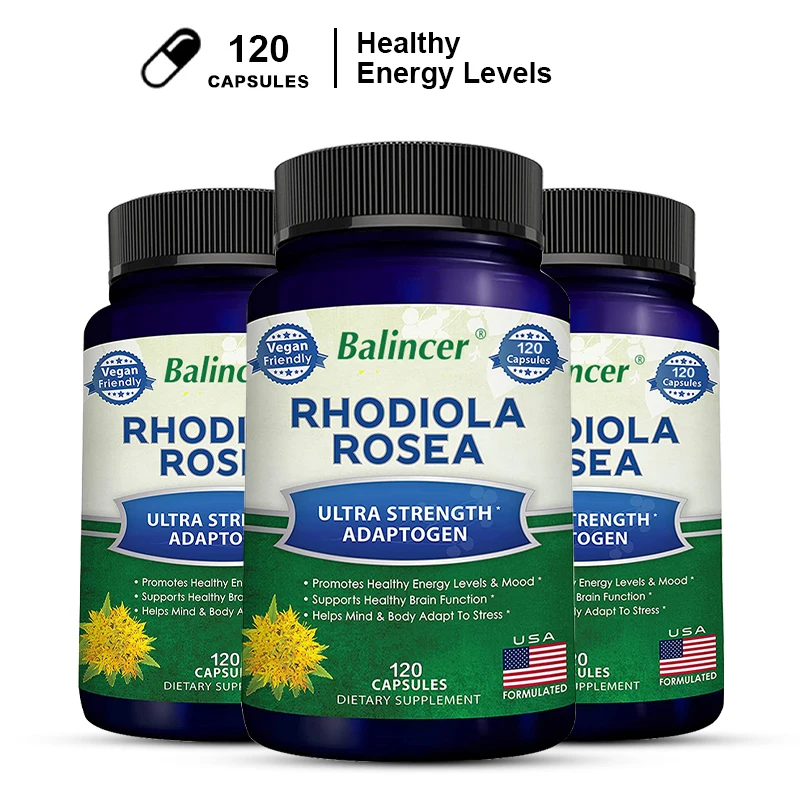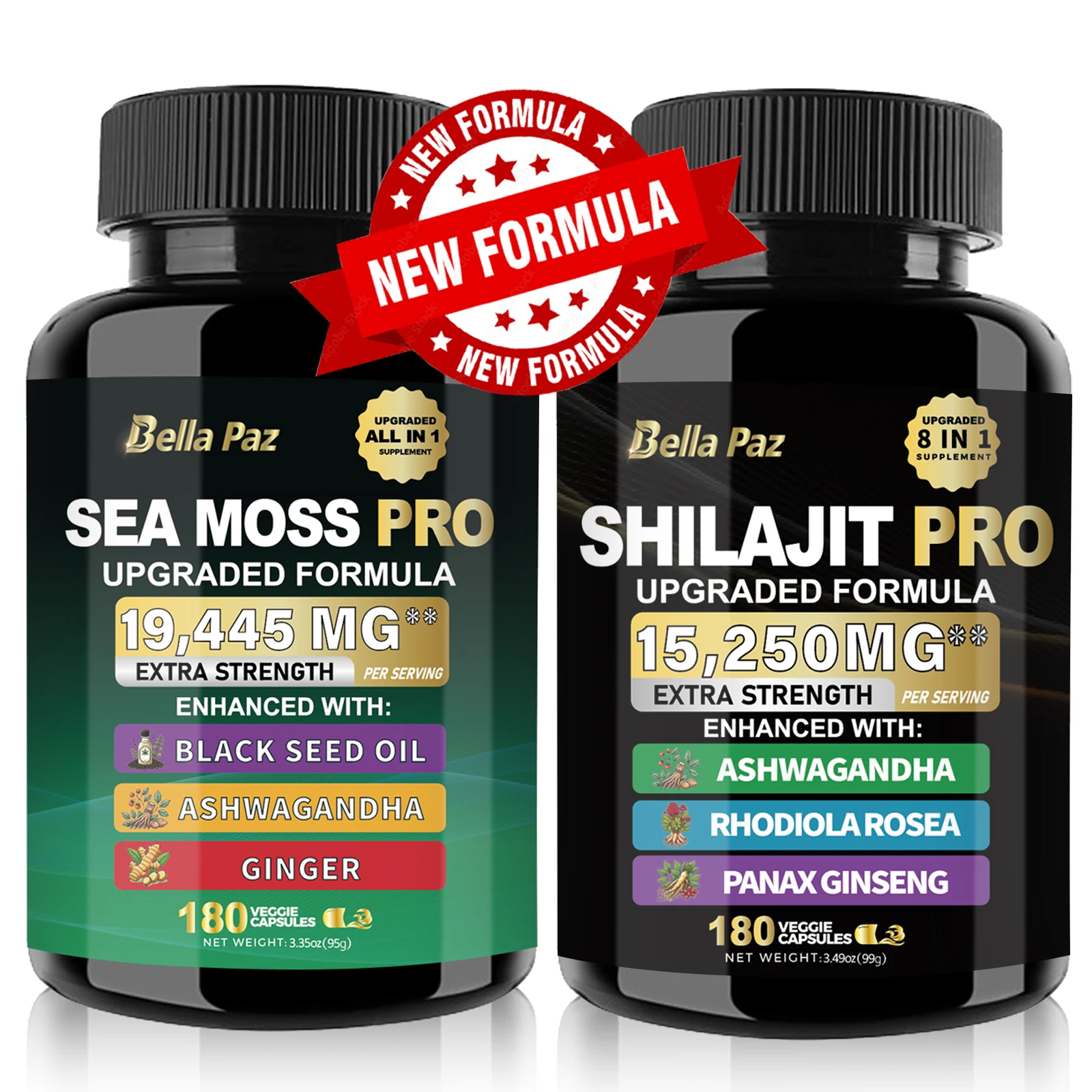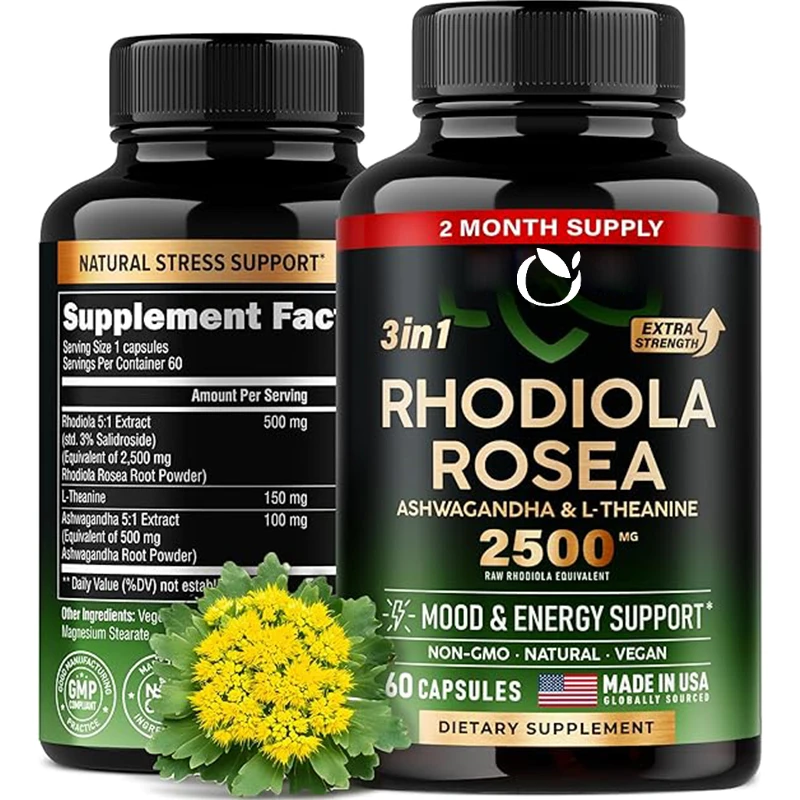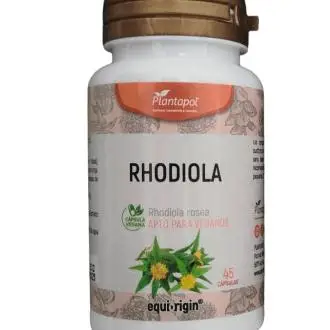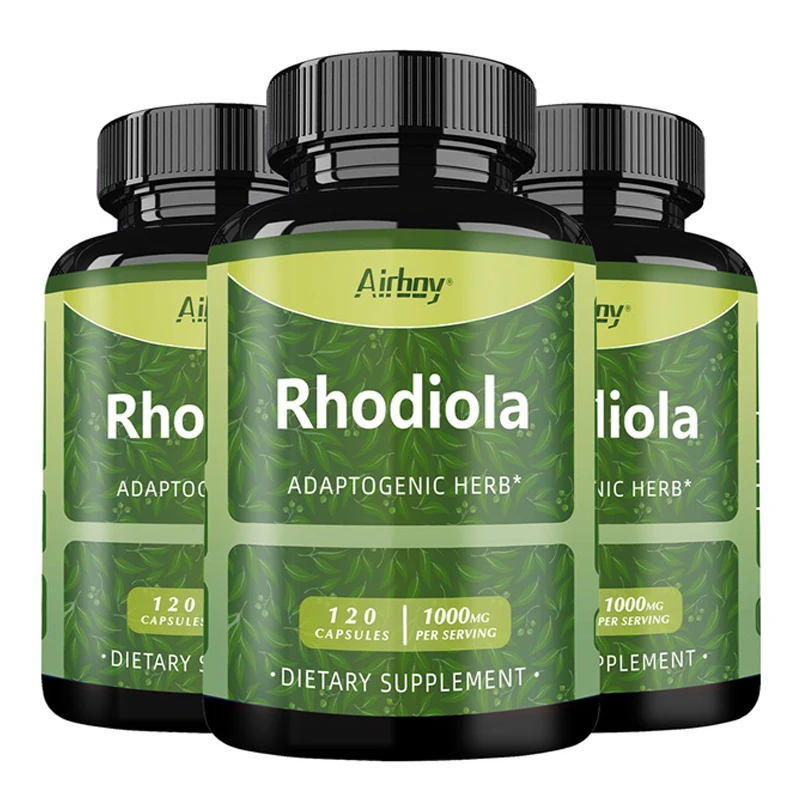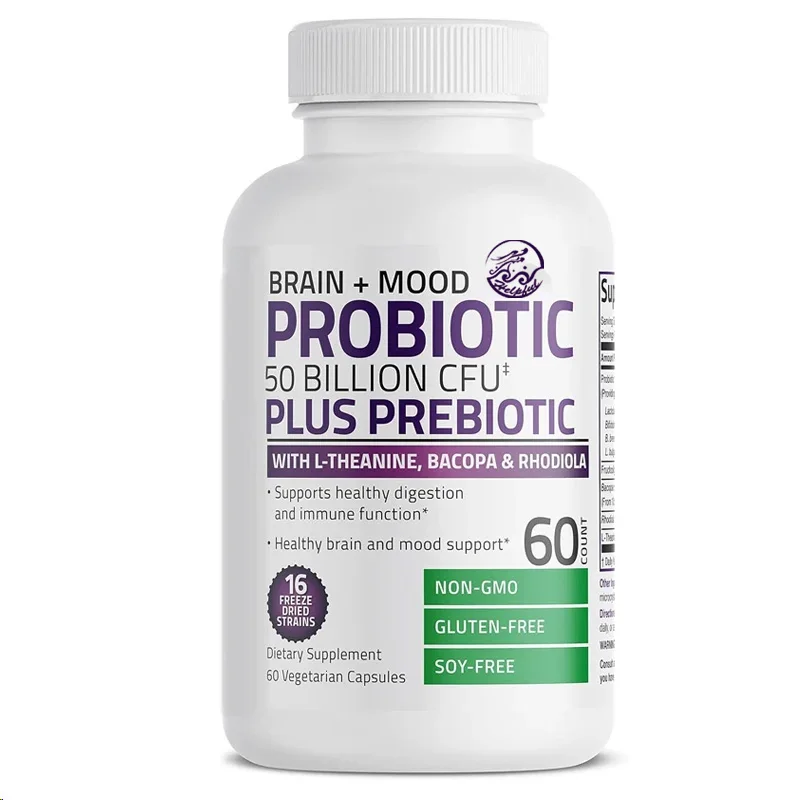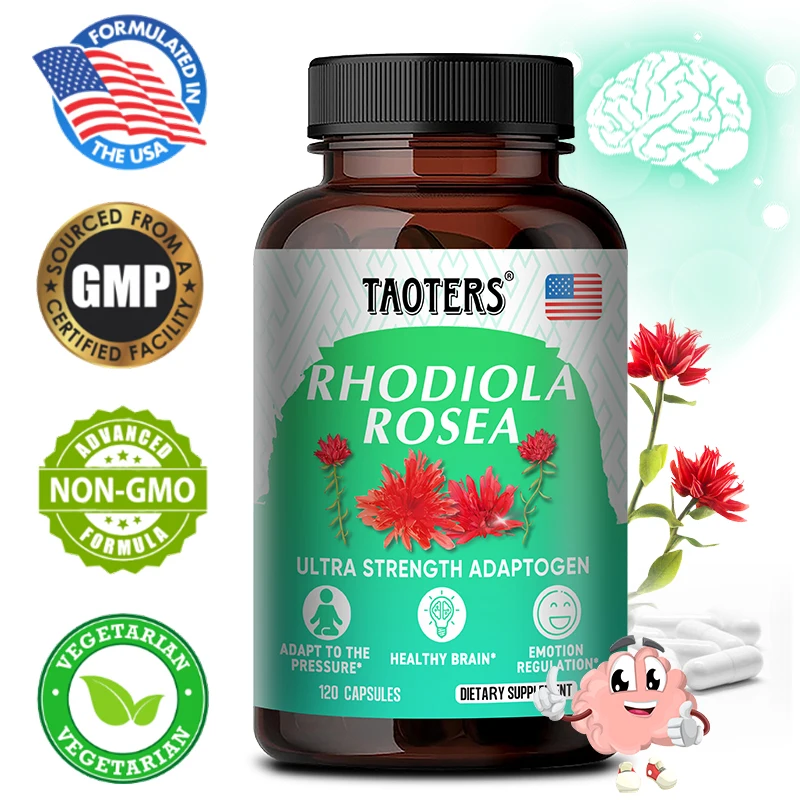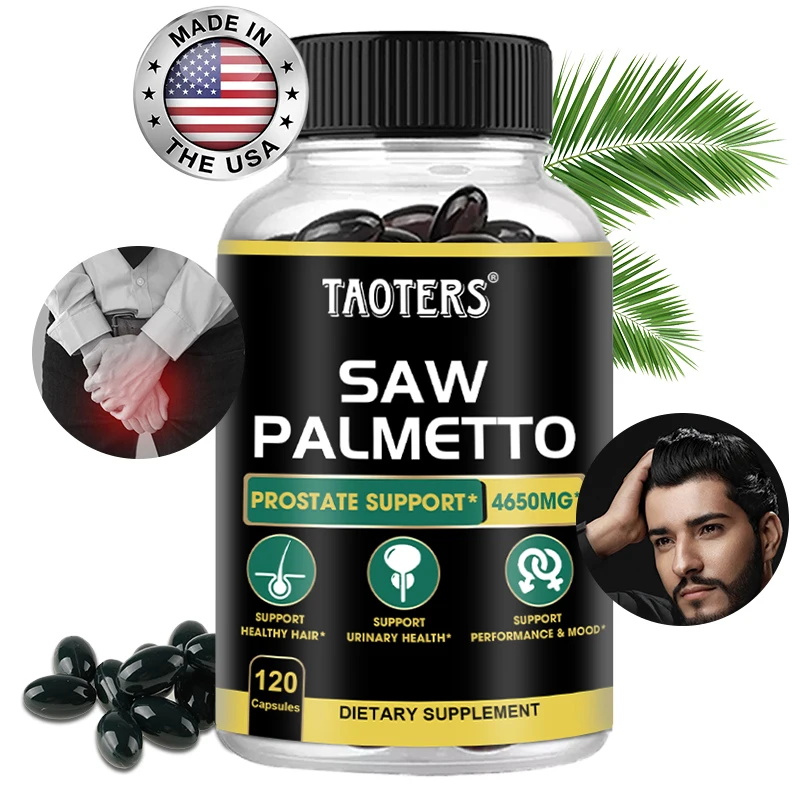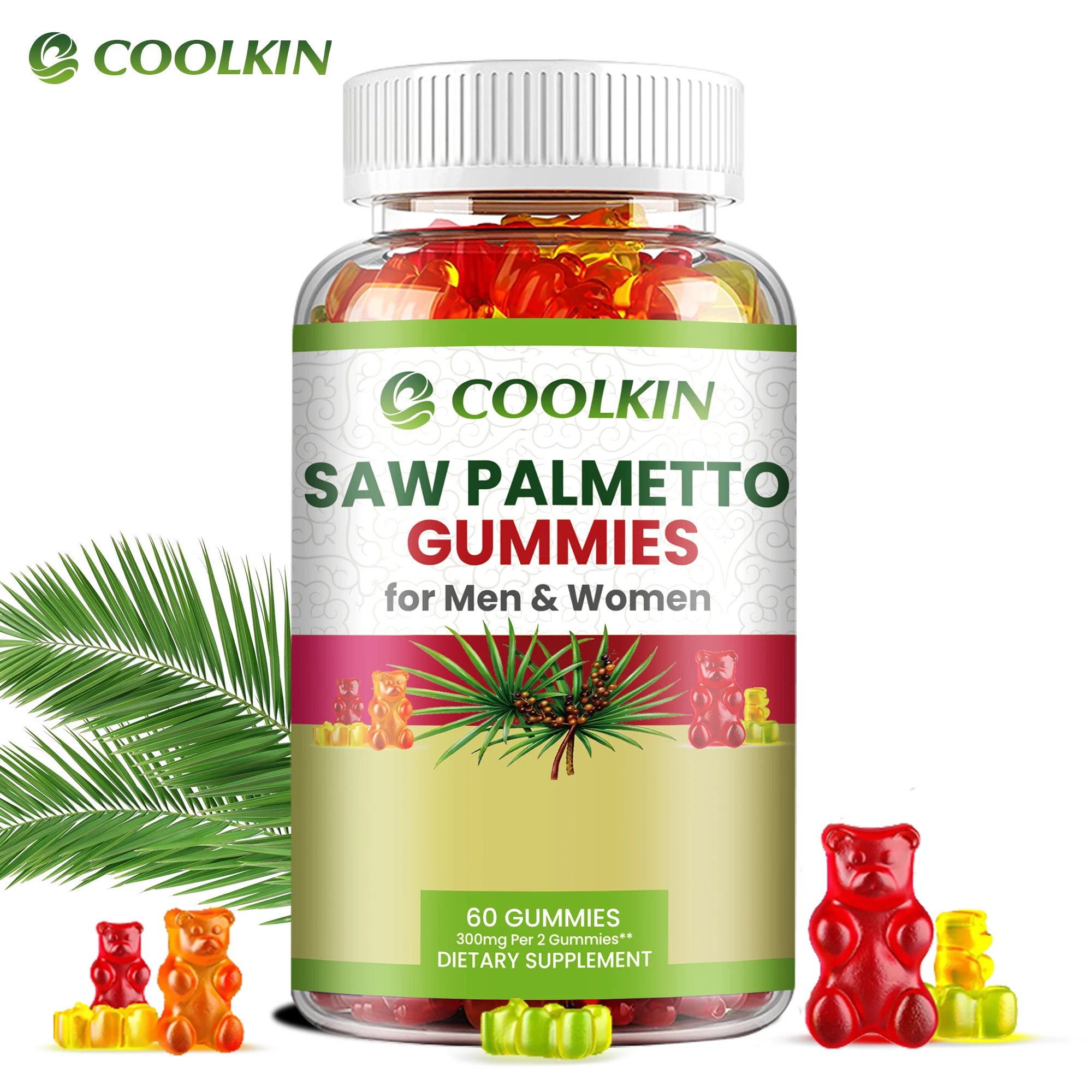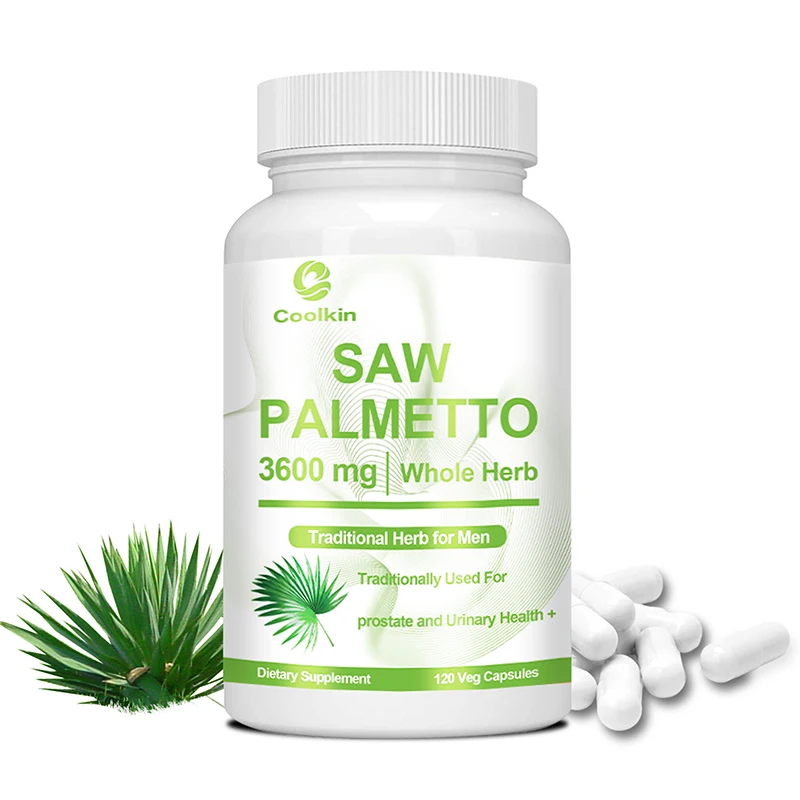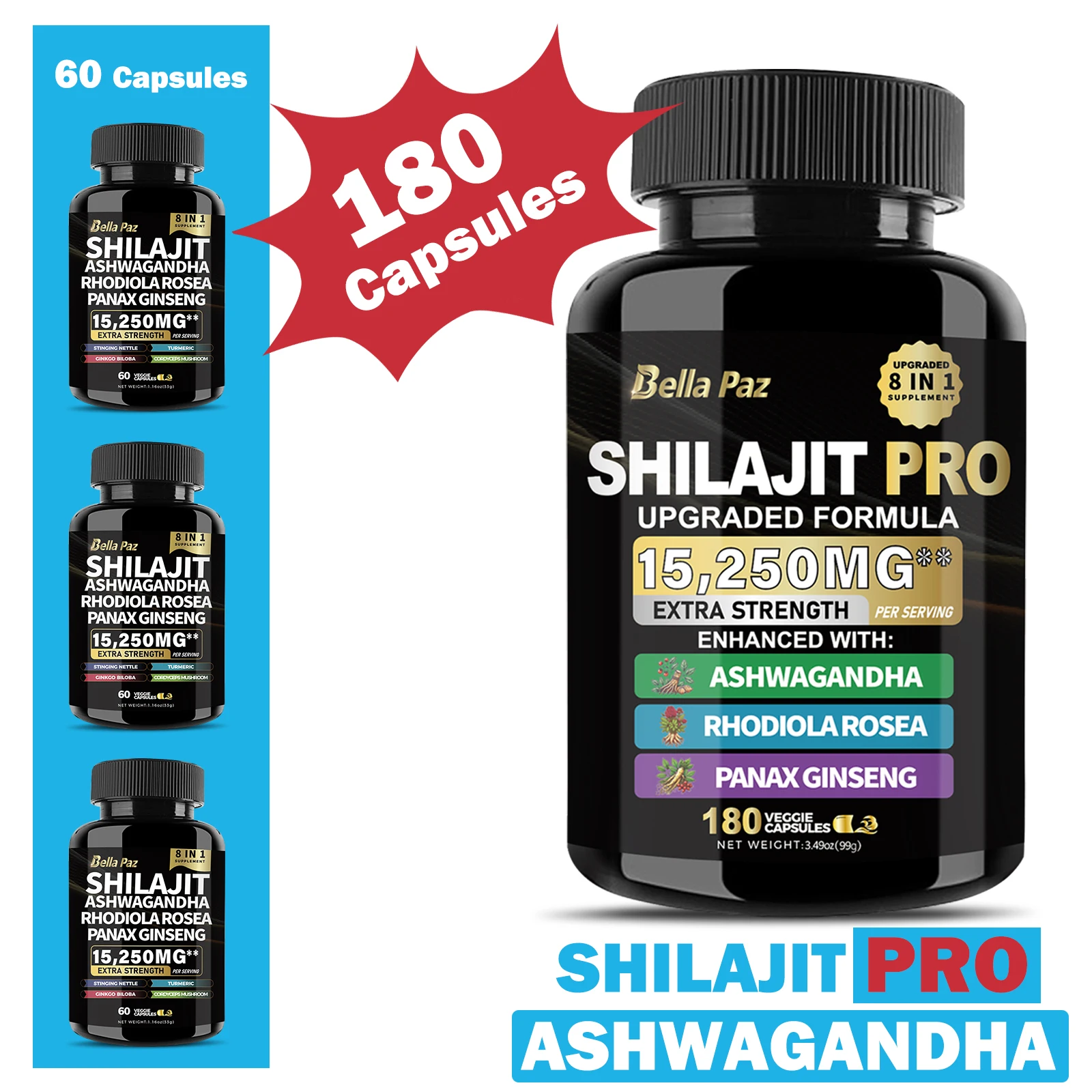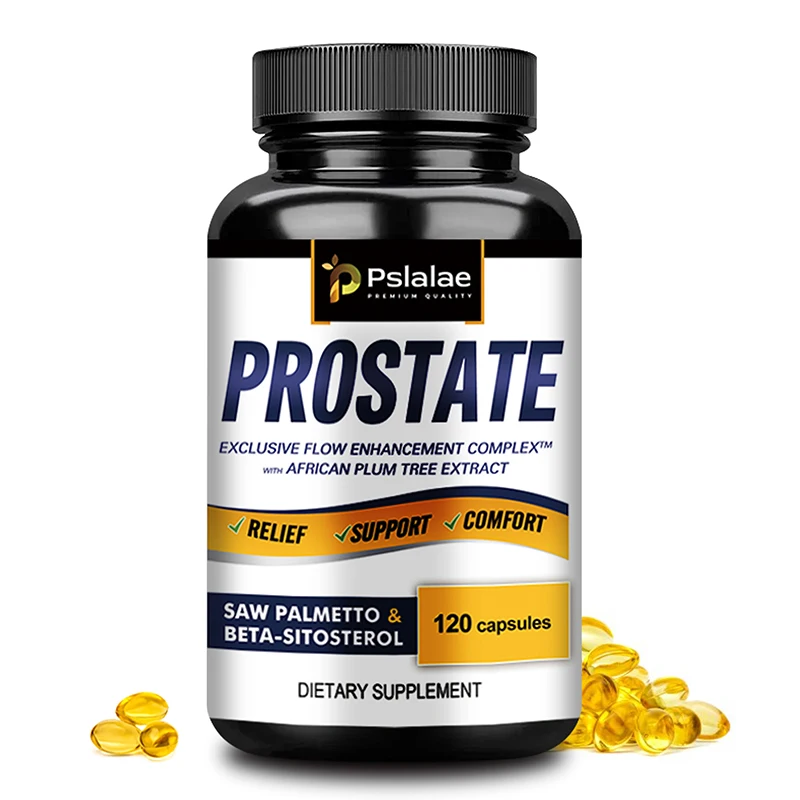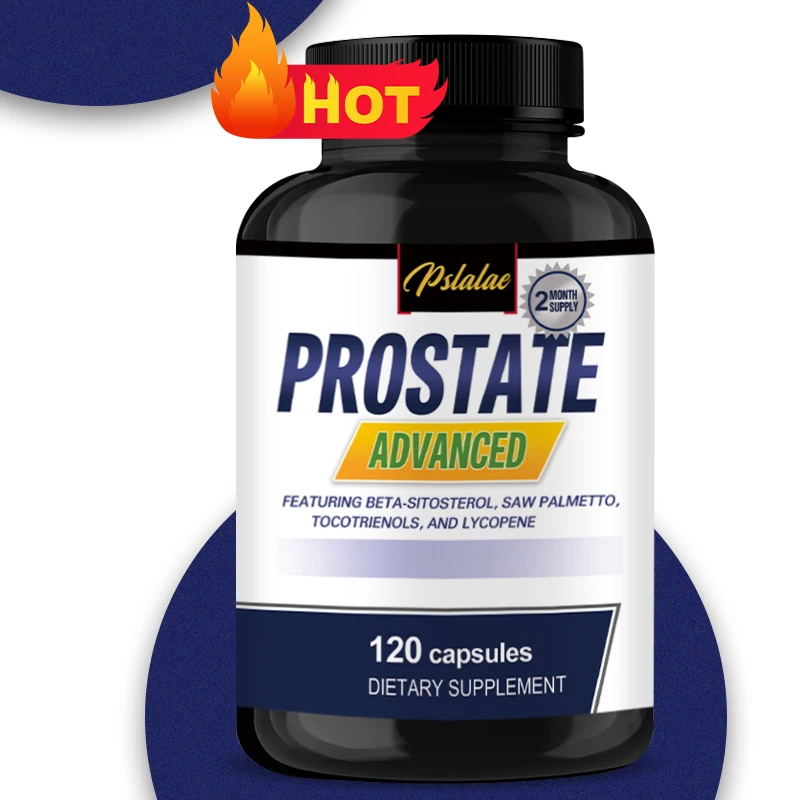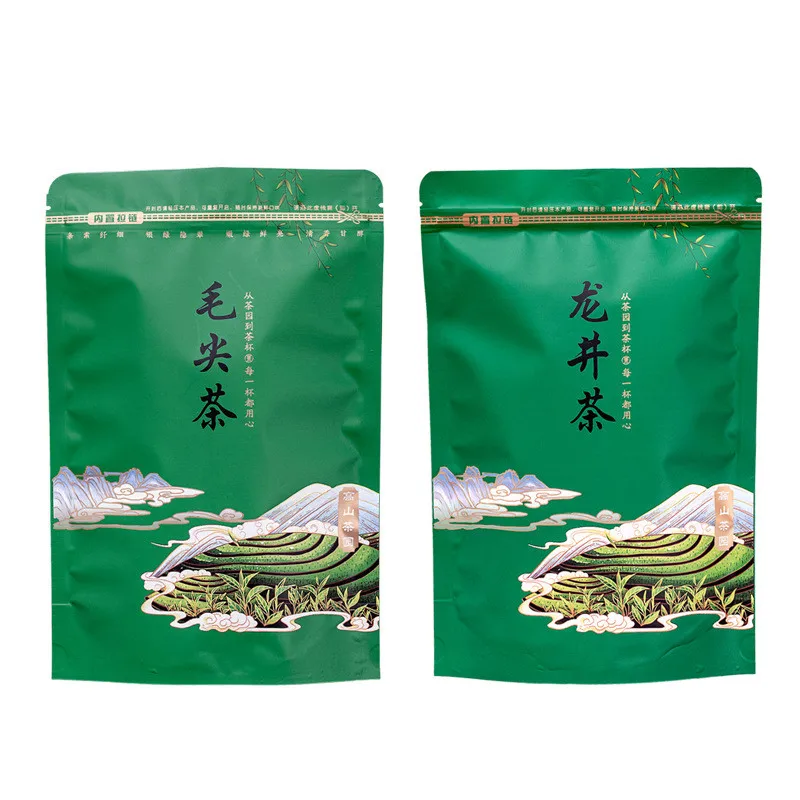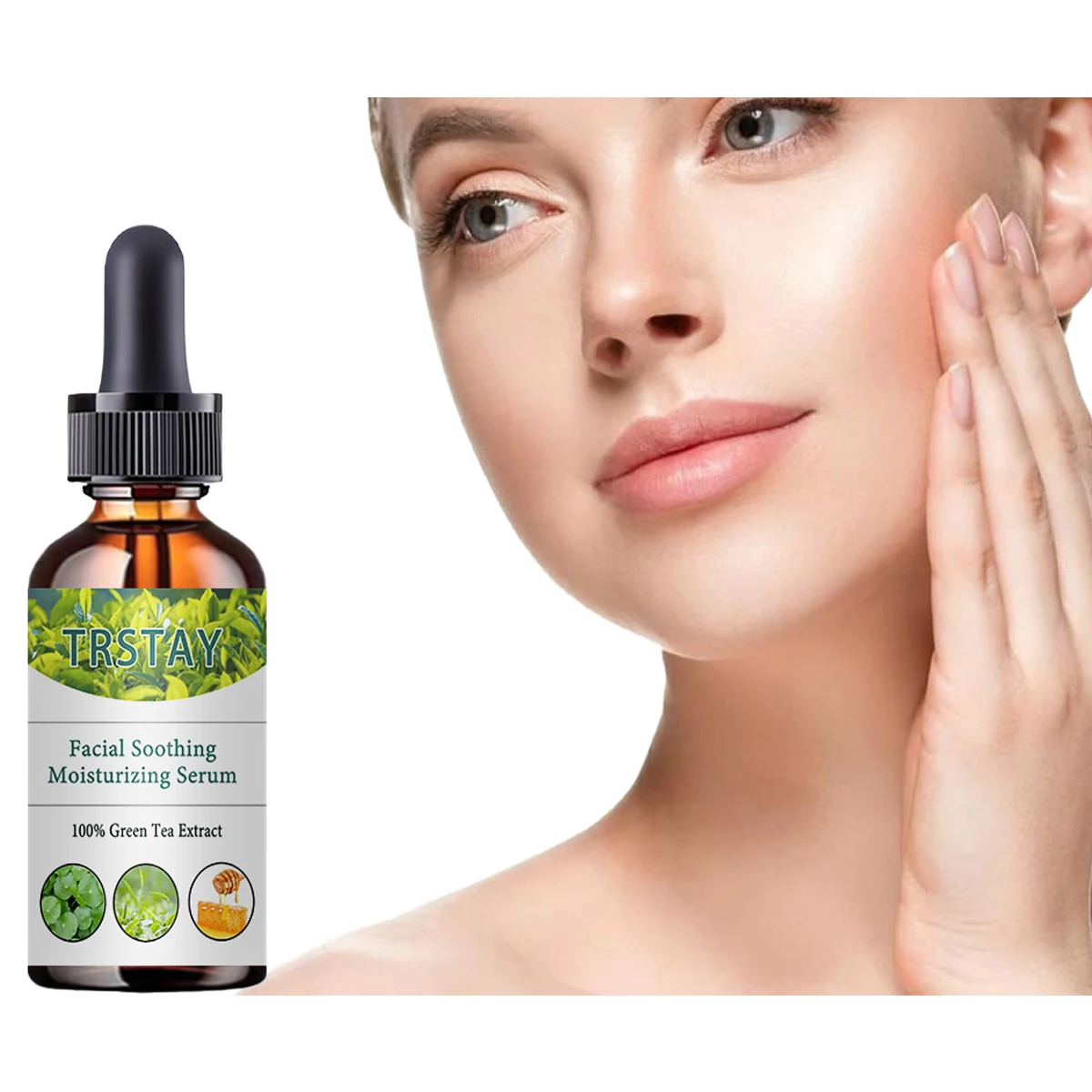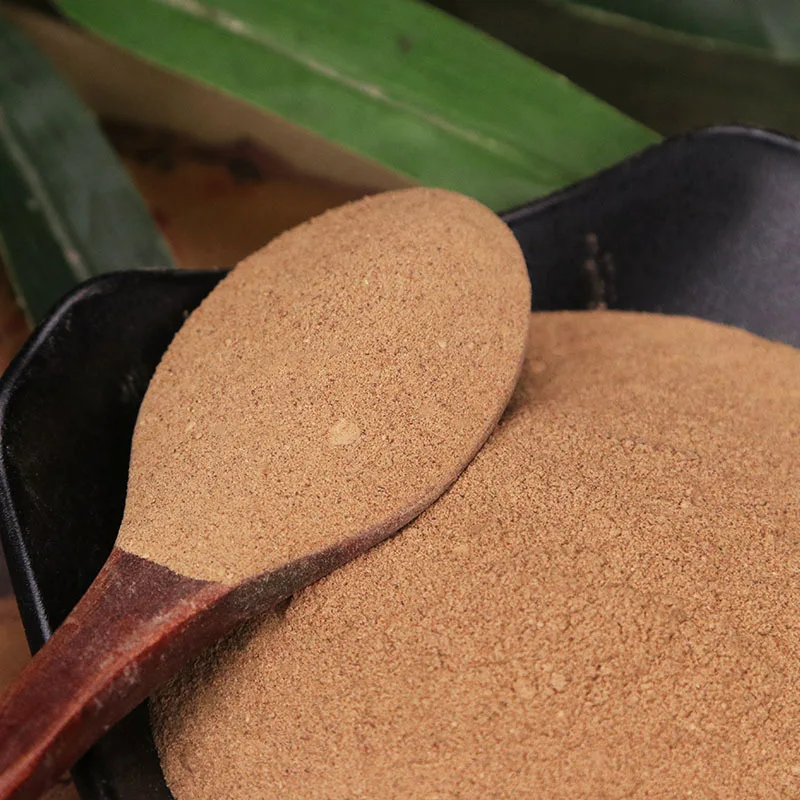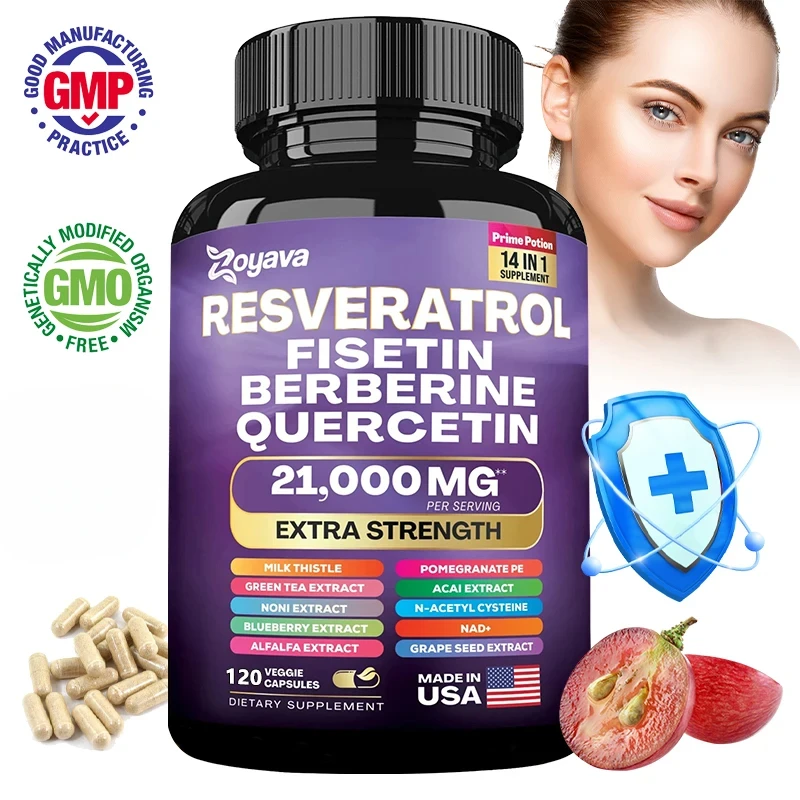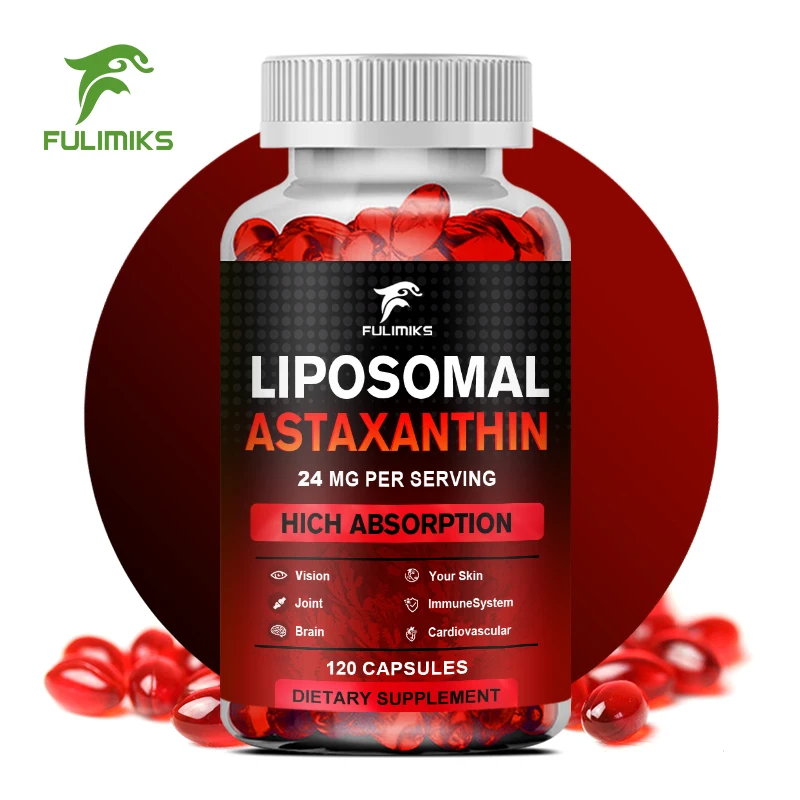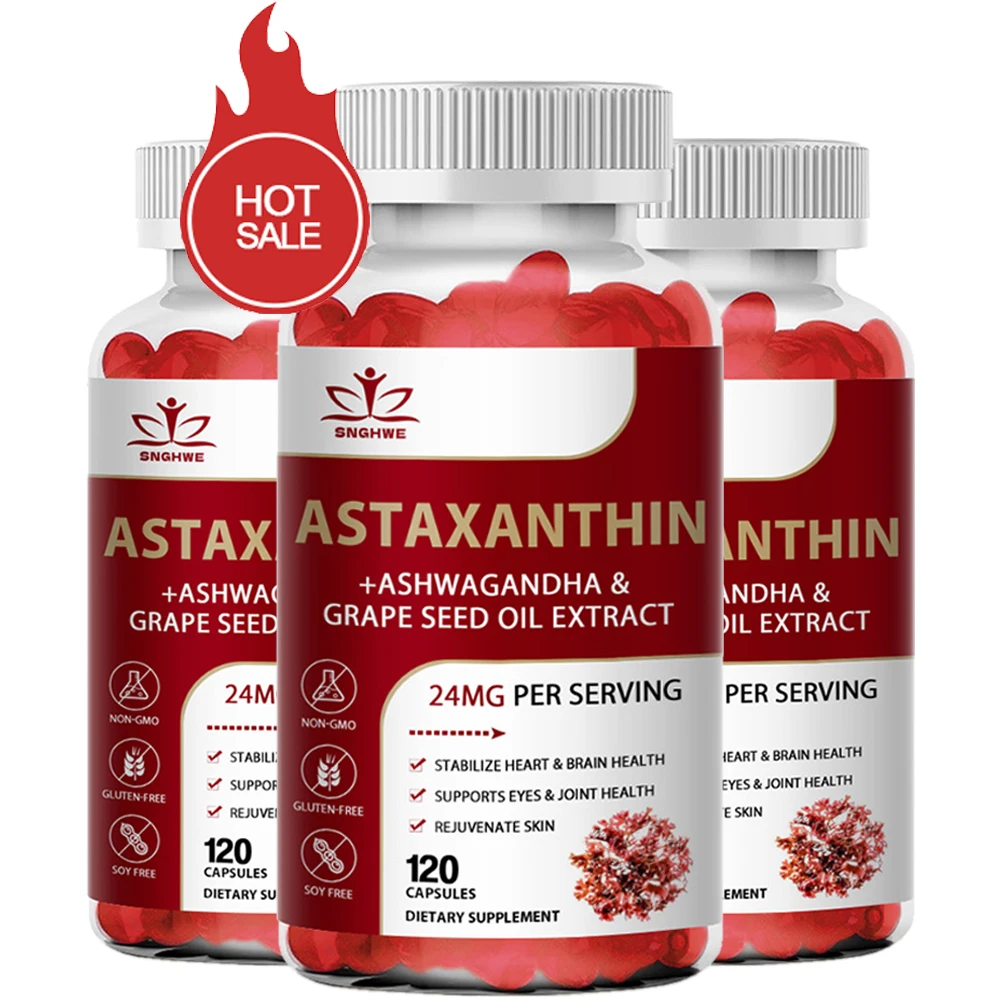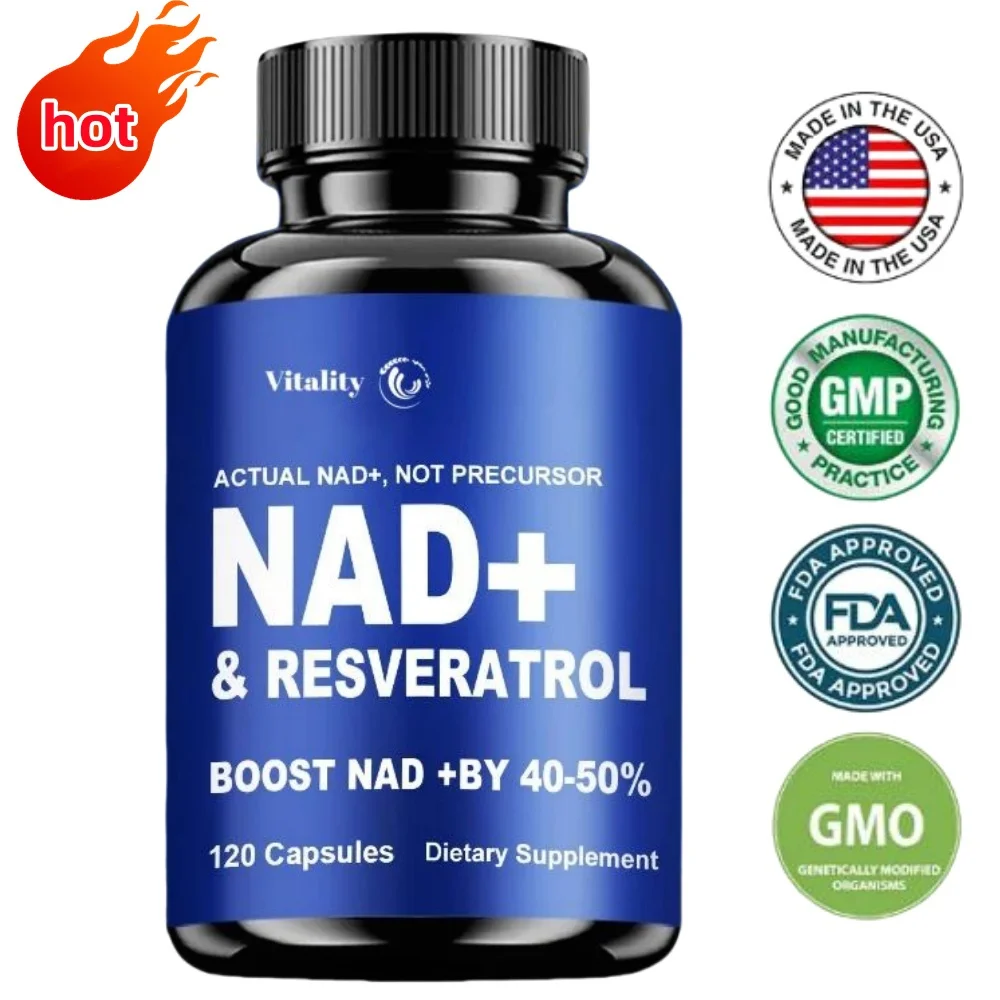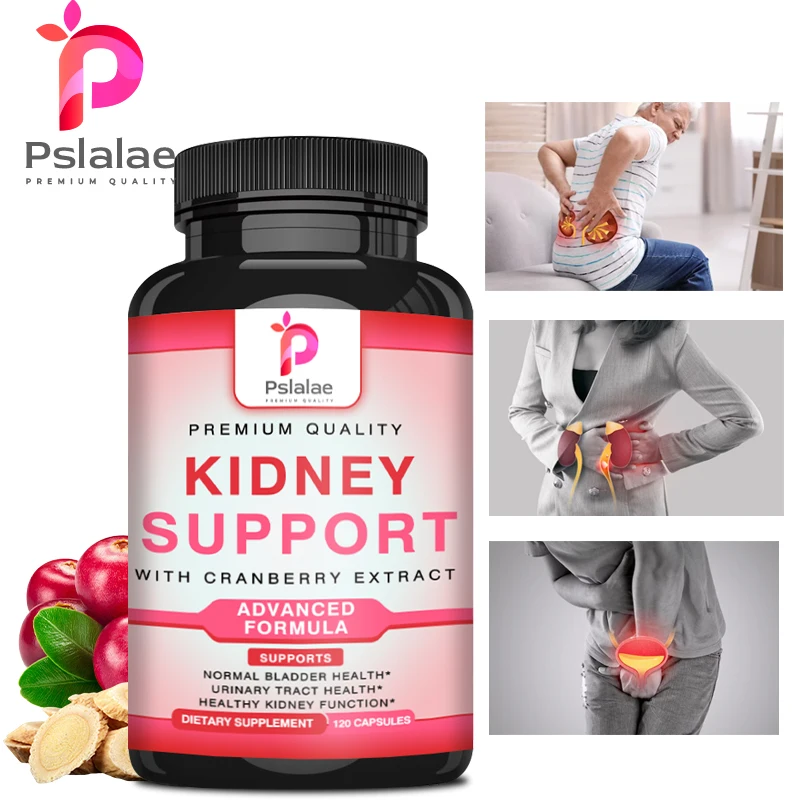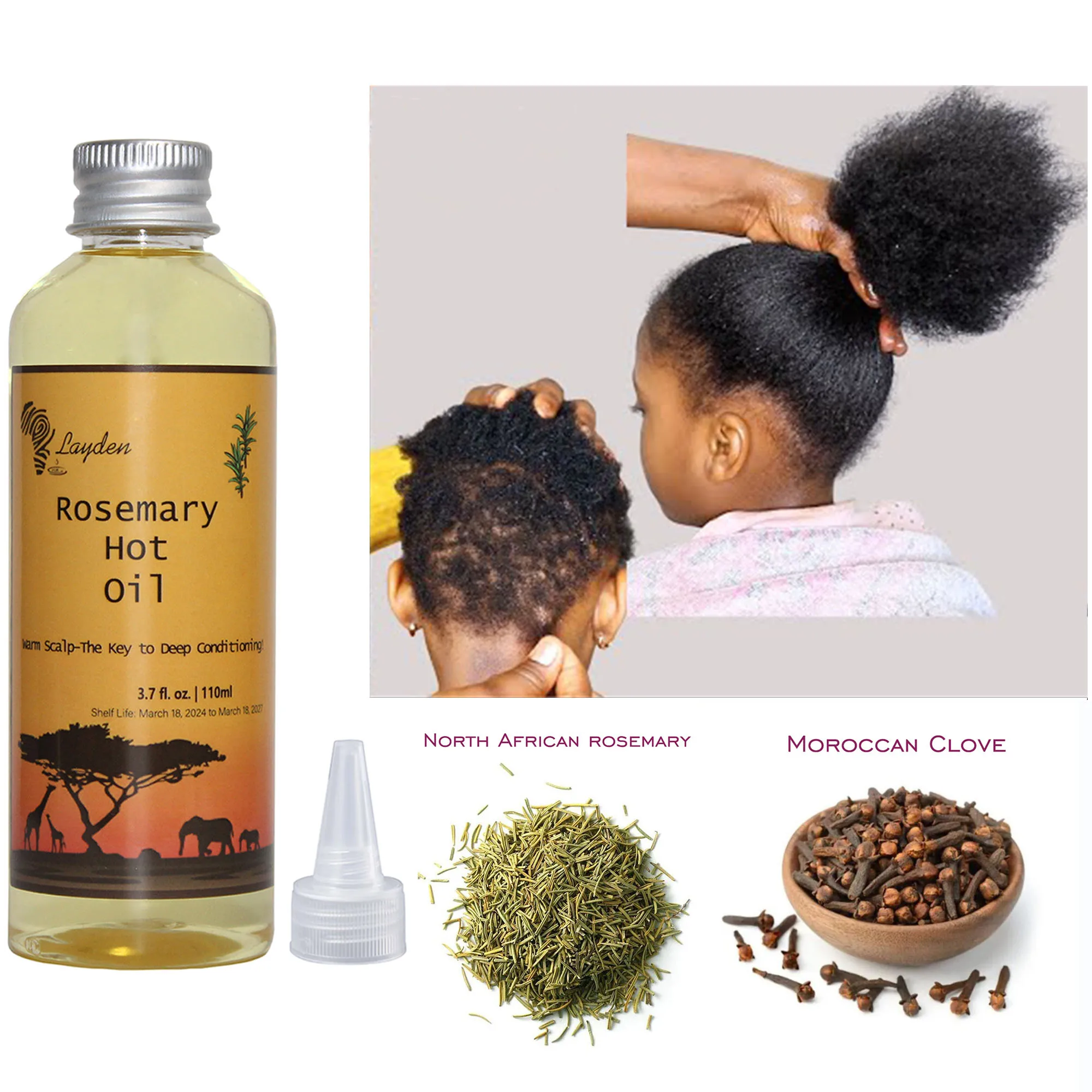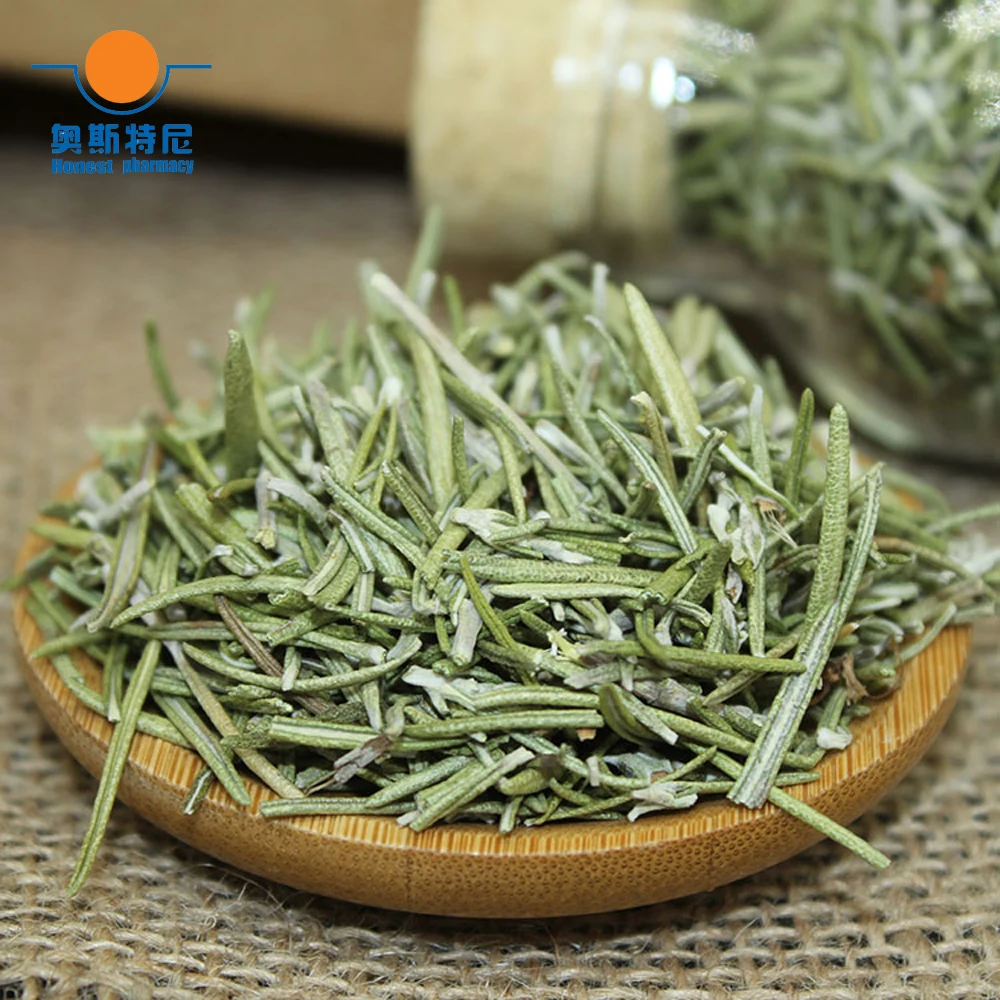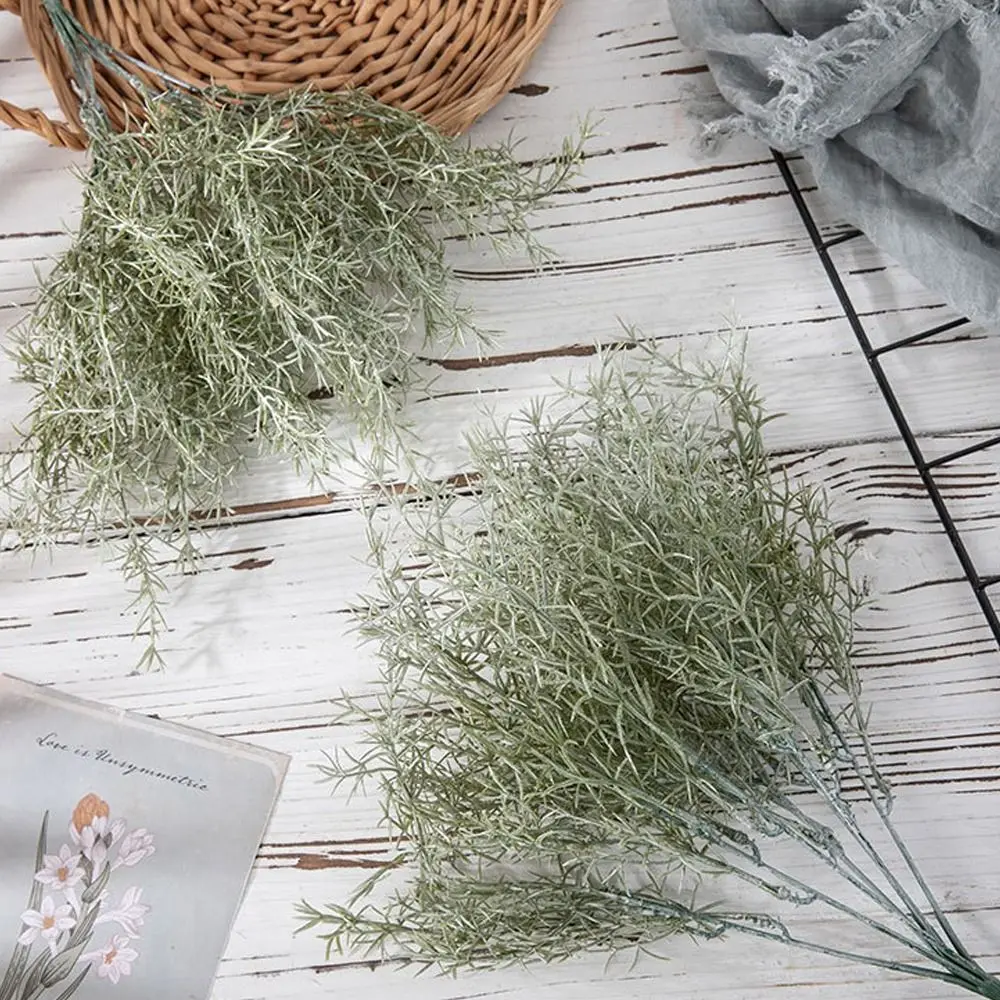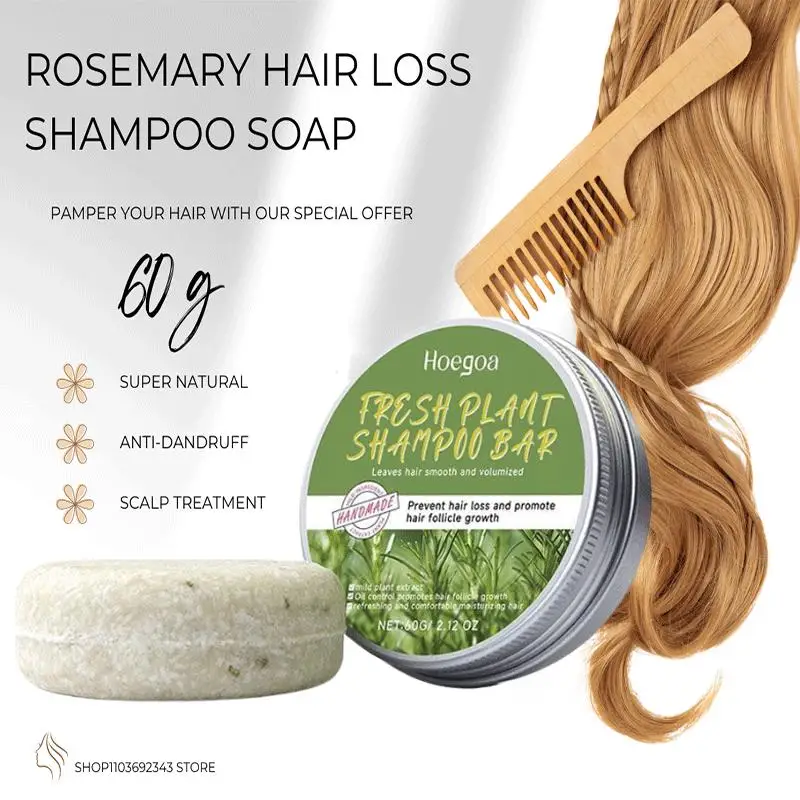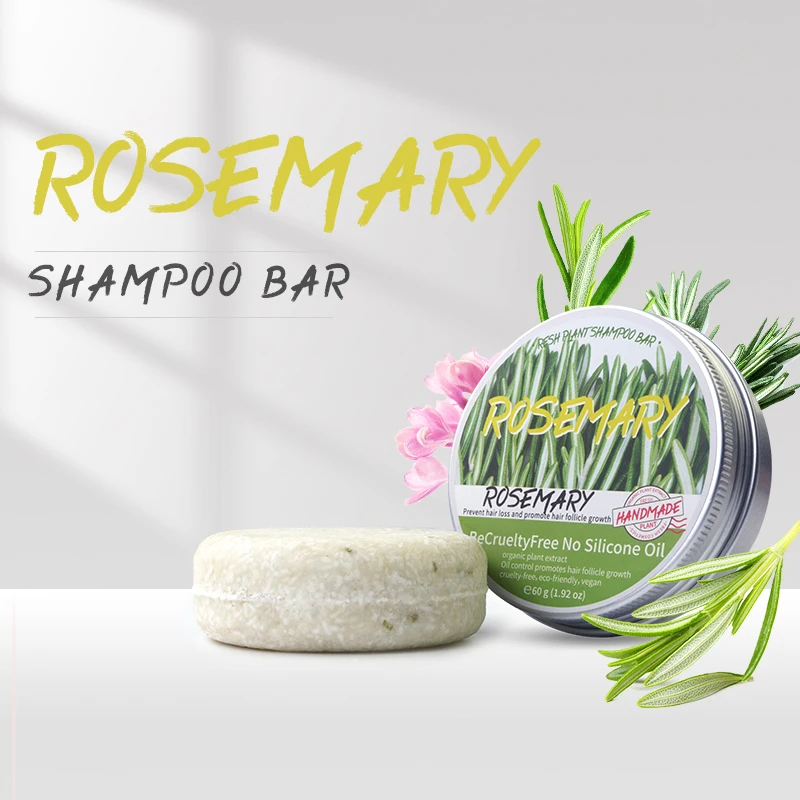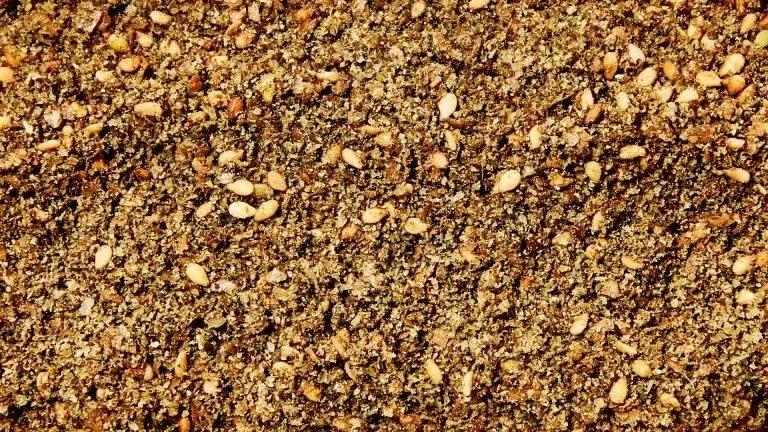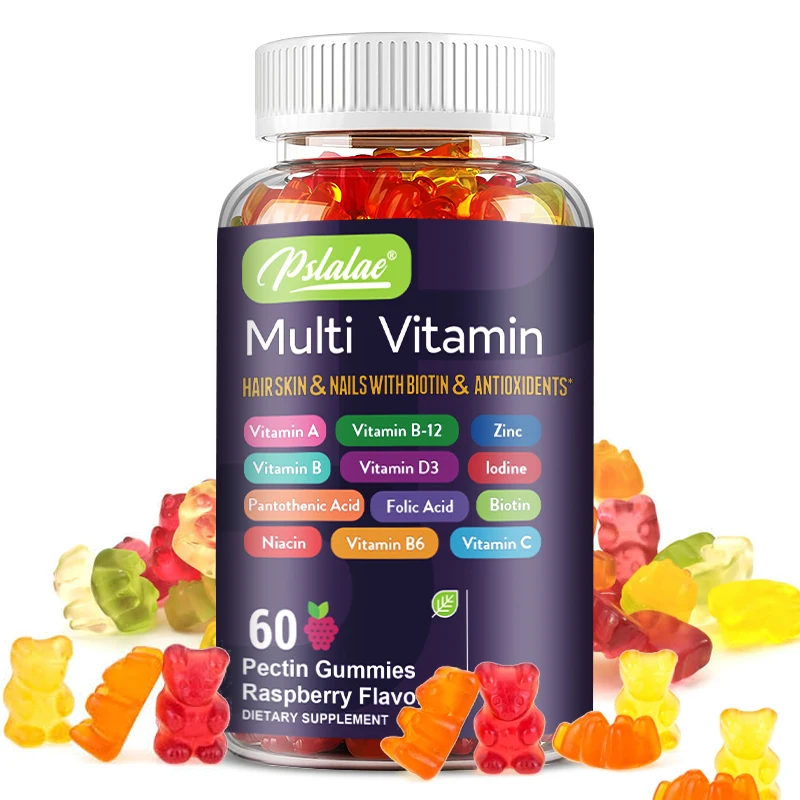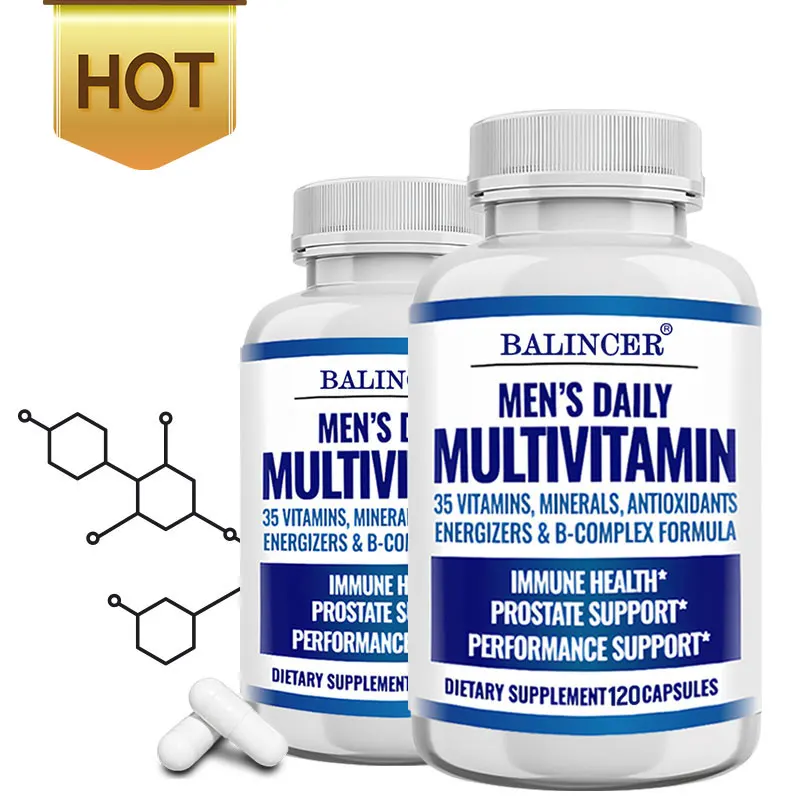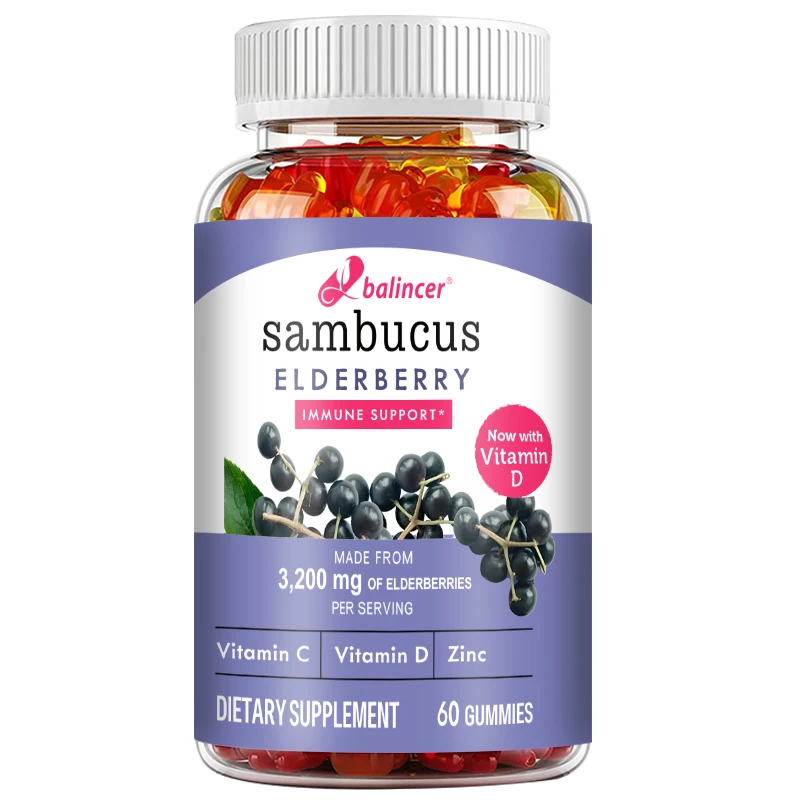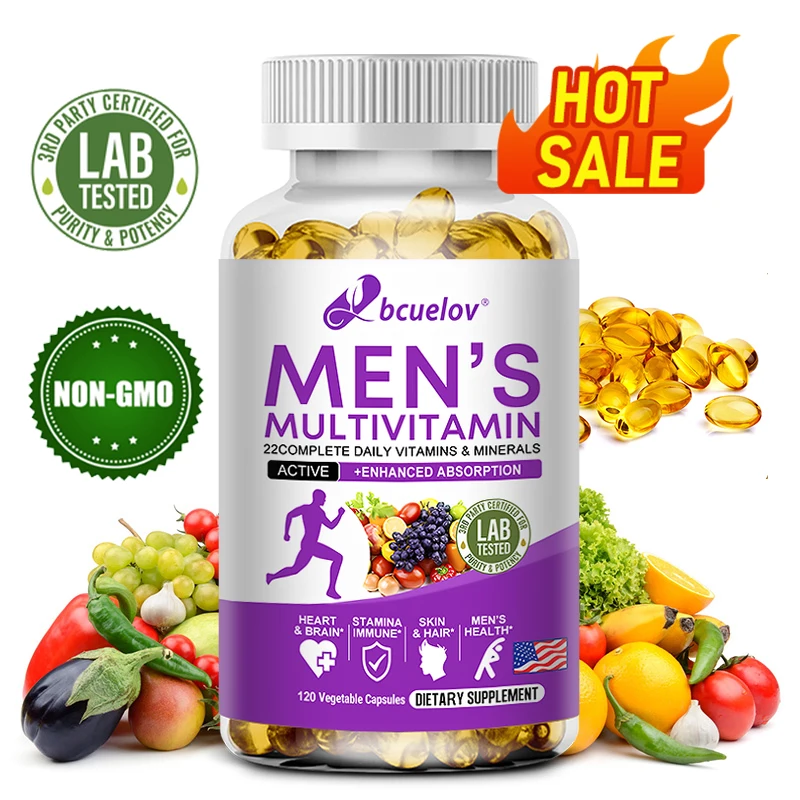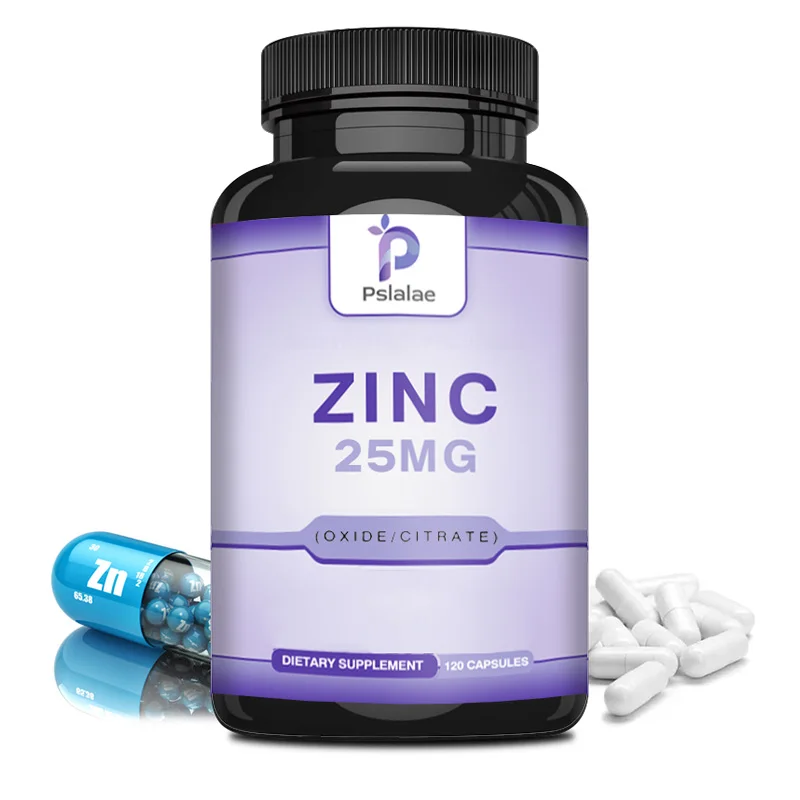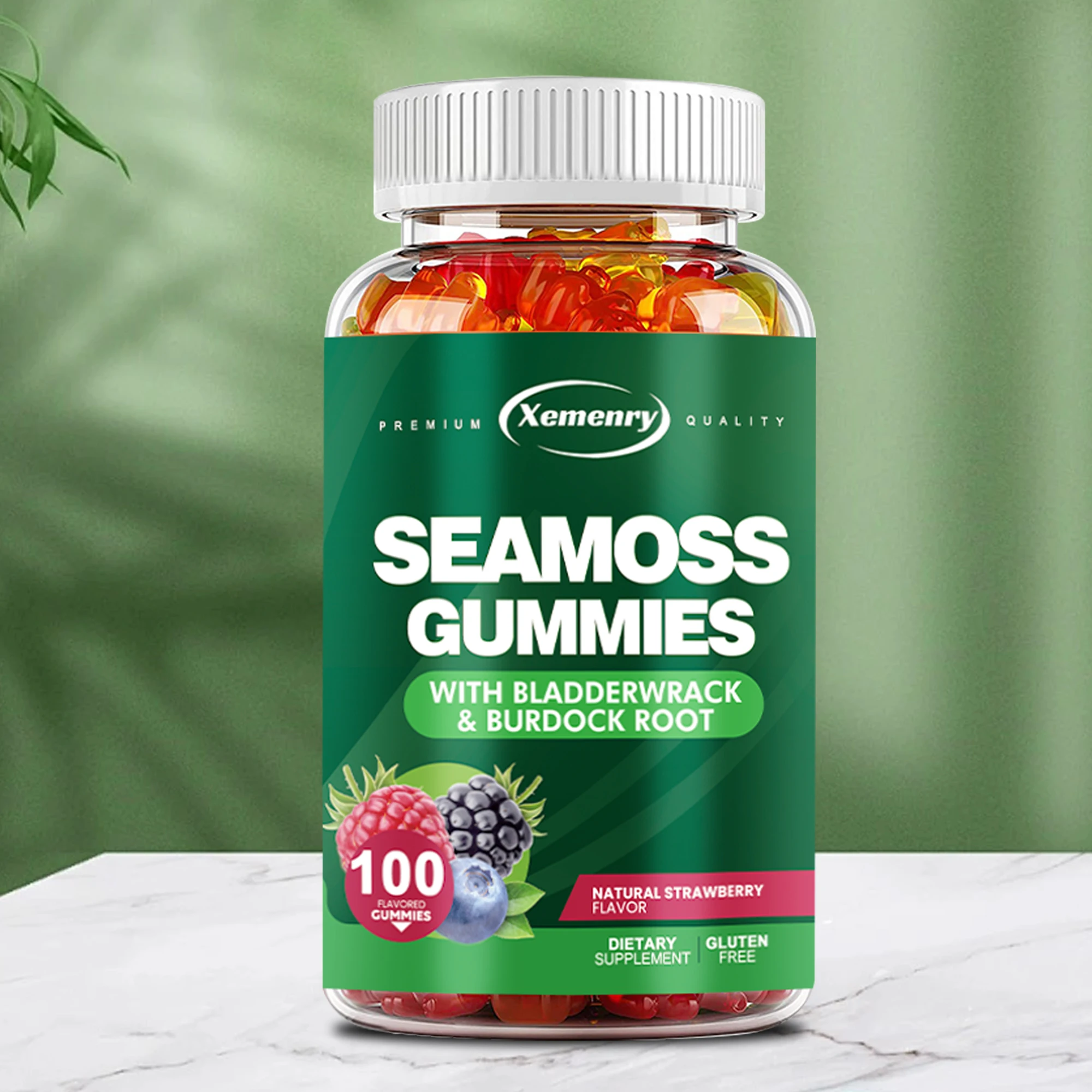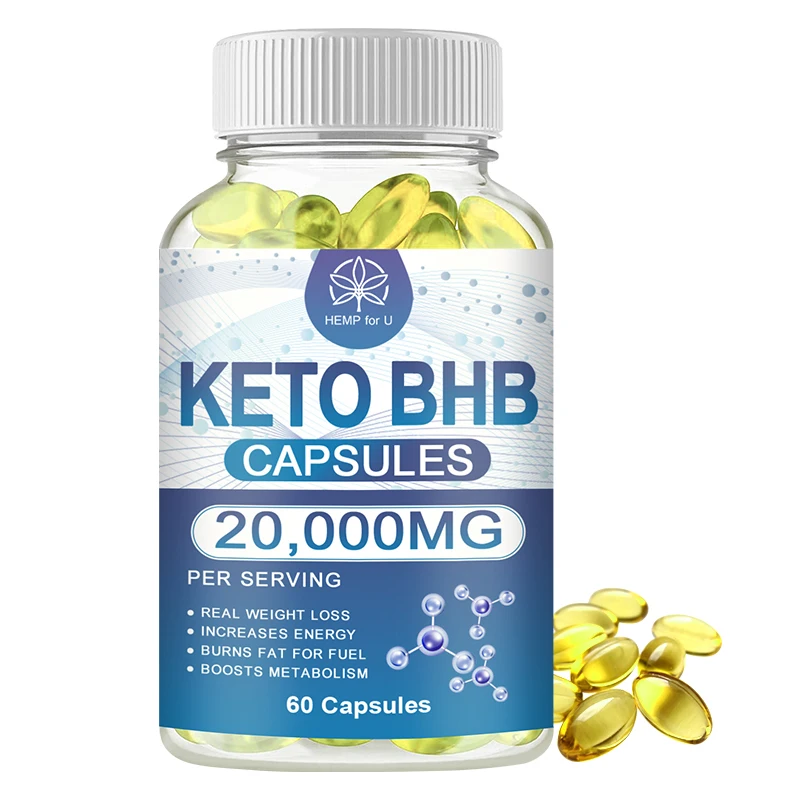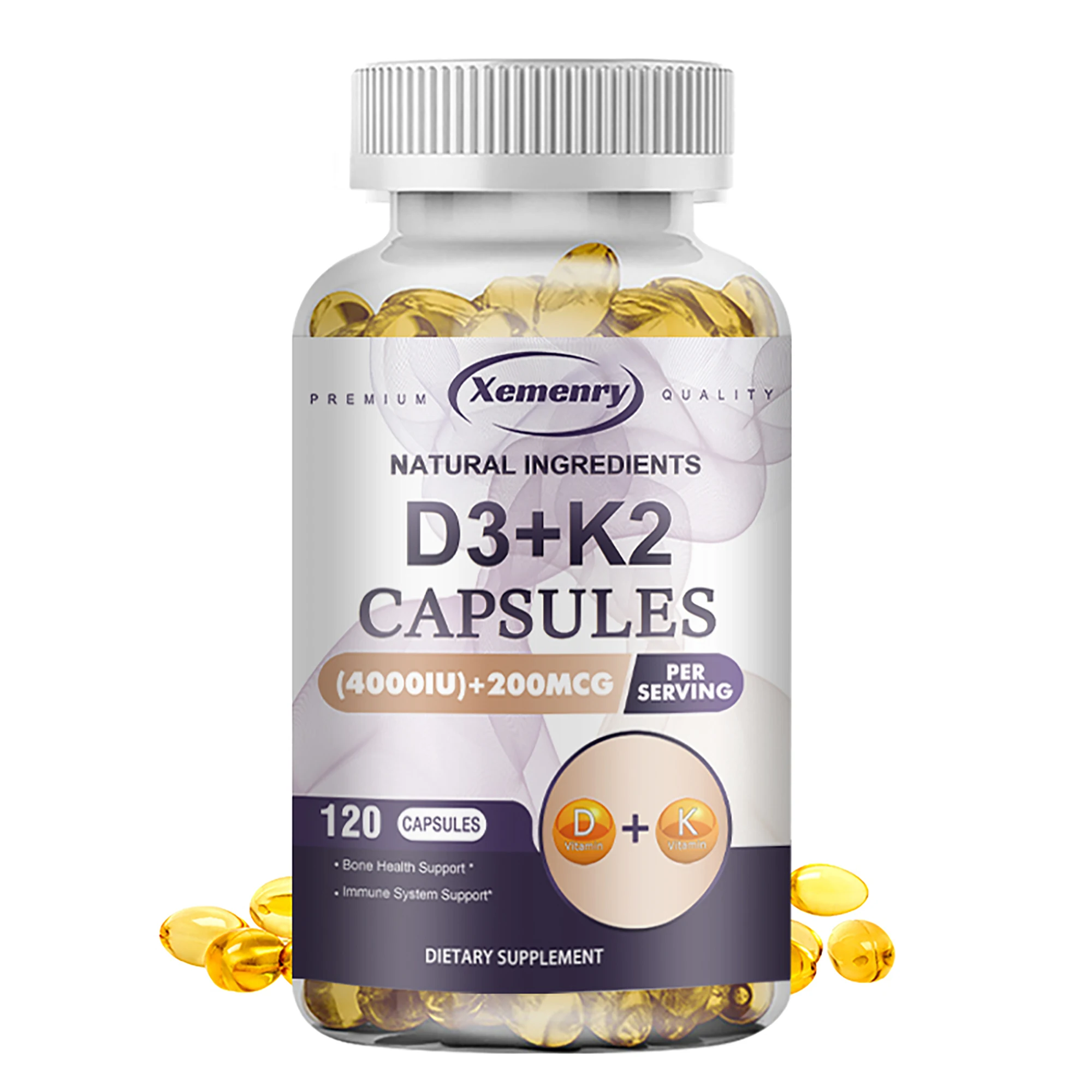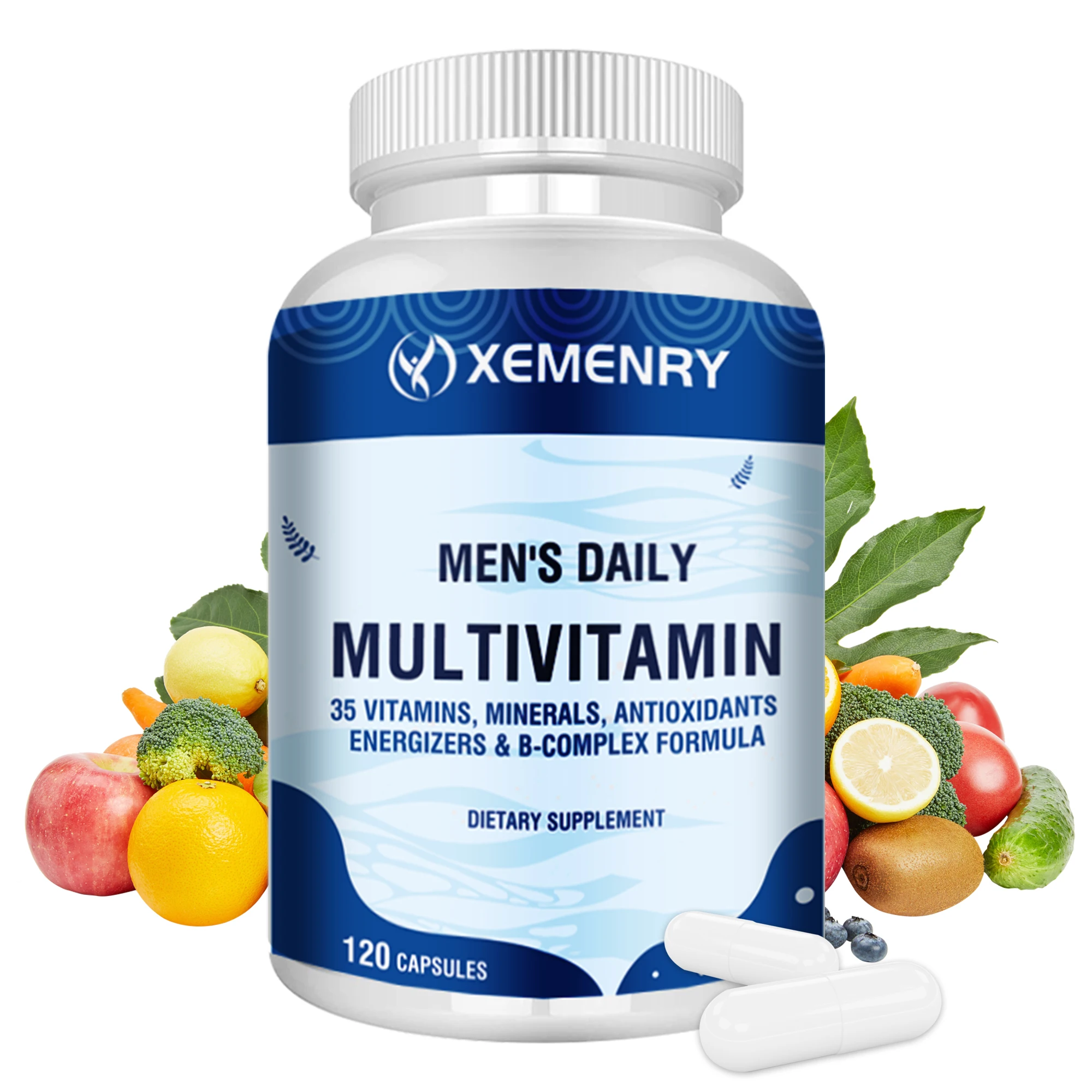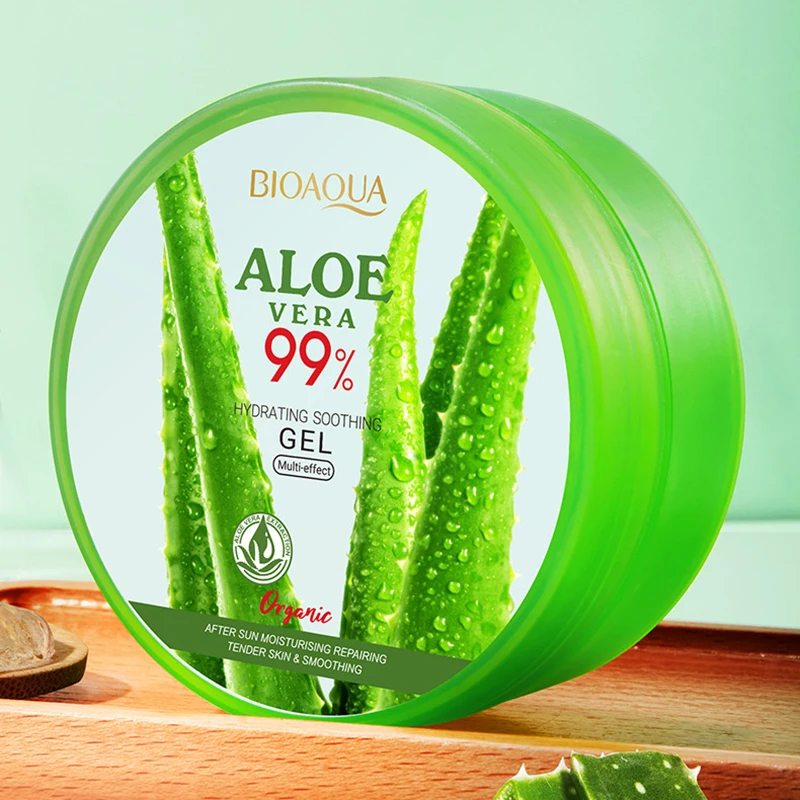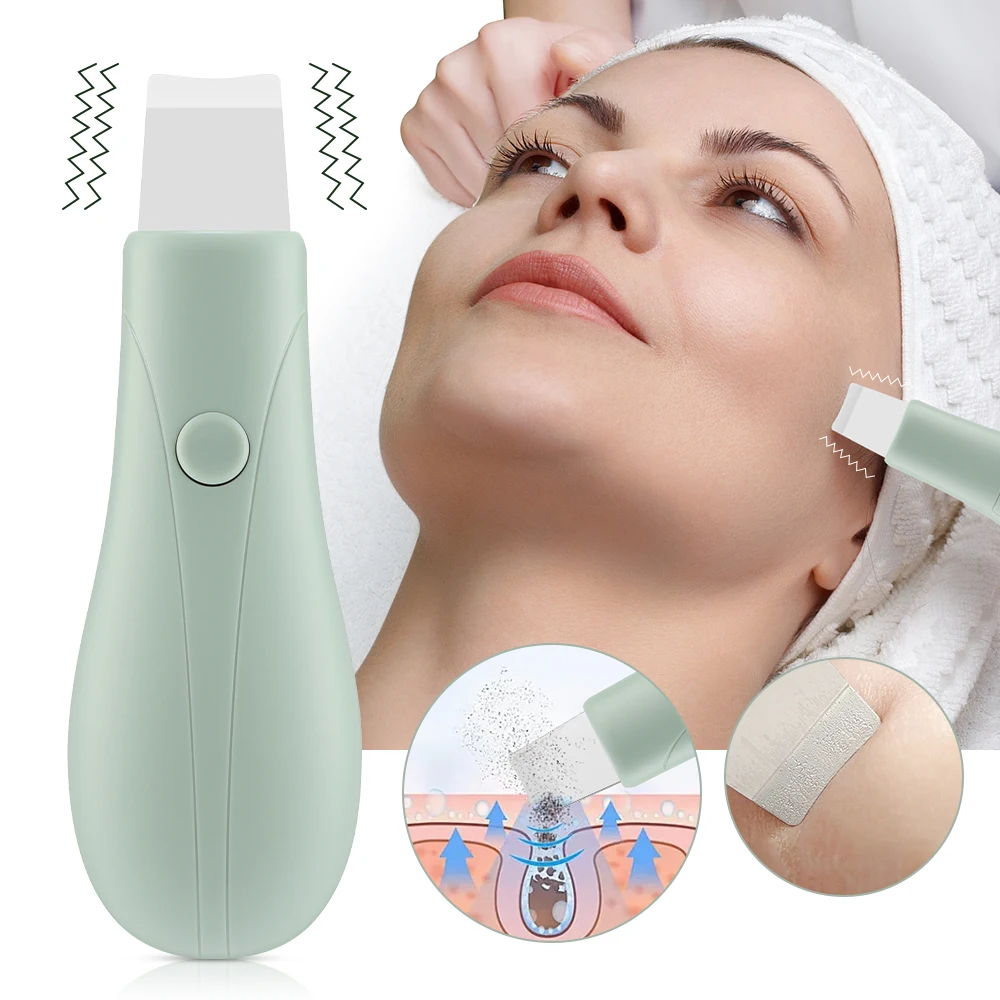I. Introduction
Brief Overview of Menopause and its Symptoms
As women gracefully transition through life, one inevitable stage that often comes with both physical and emotional shifts is menopause. Defined as the cessation of menstrual periods, menopause typically occurs in women between the ages of 45 and 55, marking the end of their reproductive years. This natural biological process, however, is not without its challenges.
Menopause brings about a myriad of symptoms that can vary from woman to woman. Hot flashes, night sweats, mood swings, sleep disturbances, and a host of other discomforts can significantly impact a woman’s daily life during this transitional period. As hormonal fluctuations become more pronounced, the quest for effective and natural remedies to alleviate these symptoms has gained prominence.
Introduction to Black Cohosh (Actaea racemosa) as a Herbal Remedy
Enter Black cohosh (Actaea racemosa), a herb that has caught the attention of those seeking relief from menopausal symptoms. With its roots deeply embedded in traditional Native American medicine, Black cohosh has been used for centuries to address various ailments, including those associated with menopause. Also known by names such as black snakeroot or bugbane, this botanical wonder has garnered interest for its potential to offer respite during the challenging menopausal journey.
Purpose of the Article: Exploring the Potential Benefits of Black Cohosh in Managing Menopausal Symptoms
In this article, we embark on a journey to delve into the world of Black cohosh and its purported benefits in managing menopausal symptoms. While women’s experiences with menopause are unique, the quest for effective and natural solutions is universal. Our aim is to provide a comprehensive exploration of Black cohosh, shedding light on its historical use, the science behind its potential efficacy, and practical insights on how it might be incorporated into your routine. As we navigate the landscape of menopause, let’s uncover the potential of Black cohosh as a herbal ally in promoting comfort and well-being during this transformative phase of life.
II. Understanding Menopause
Definition and Stages of Menopause
Before we delve into the potential benefits of Black cohosh, it’s essential to understand the nuances of menopause itself. Menopause is a natural biological process that marks the end of a woman’s reproductive years. The transition into menopause doesn’t happen overnight; instead, it unfolds through several stages.
- Perimenopause: This is the transitional phase leading up to menopause, typically starting in a woman’s 40s. During perimenopause, hormonal fluctuations become more noticeable, and irregular menstrual cycles may occur.
- Menopause: Defined as the point when a woman has not had a menstrual period for 12 consecutive months, menopause marks the end of the reproductive phase.
- Postmenopause: The phase that follows menopause, postmenopause encompasses the years beyond the cessation of menstrual cycles.
Common Symptoms Experienced During Menopause
Menopause brings a symphony of symptoms, each woman experiencing them with varying degrees of intensity and duration. Some of the most common symptoms include:
- Hot Flashes: Sudden, intense feelings of heat, often accompanied by flushing and sweating.
- Night Sweats: Episodes of intense sweating during sleep, which can disrupt sleep patterns.
- Mood Swings: Fluctuations in mood, including irritability, anxiety, and even depression.
- Sleep Disturbances: Insomnia or disrupted sleep patterns can be common during menopause.
- Vaginal Dryness: Reduced lubrication and elasticity in the vaginal tissues, leading to discomfort.
Impact of Hormonal Changes on Women’s Health
The hallmark of menopause is hormonal upheaval, primarily involving a decline in estrogen and progesterone production. These hormonal changes have far-reaching effects on various aspects of women’s health. Beyond the well-known symptoms, hormonal fluctuations during menopause can contribute to bone loss, increased risk of cardiovascular issues, and changes in skin elasticity.
Understanding the intricate interplay between hormones and overall health is crucial when seeking effective strategies to manage menopausal symptoms. This knowledge lays the foundation for exploring the potential benefits of Black cohosh, a herbal remedy that has shown promise in addressing some of these challenges. In the next sections, we’ll unravel the science behind Black cohosh and its potential role in promoting well-being during menopause.
III. Introduction to Black Cohosh
Botanical Background and Origin of Black Cohosh
Black cohosh, scientifically known as Actaea racemosa, is a perennial herb native to North America. Thriving in wooded areas, this plant has distinctive feathery white flowers and a long history of traditional use for various health purposes.
Historical Use in Traditional Medicine, Particularly by Native American Communities
For centuries, Native American communities recognized the medicinal properties of Black cohosh. They used it to address a range of ailments, including gynecological issues, rheumatism, and even as a remedy for snakebites—hence the alternative name “black snakeroot.” The roots of Black cohosh were often employed in teas, tinctures, or salves to harness its potential therapeutic effects.
Available Forms and Dosage Recommendations
In contemporary times, Black cohosh is available in various forms, making it accessible to a broader audience. Capsules, liquid extracts, and teas are among the popular options. When considering Black cohosh for managing menopausal symptoms, it’s crucial to consult with a healthcare professional to determine the most suitable form and dosage for individual needs. Generally, a common starting point is 20-40 milligrams per day, divided into two doses.
IV. The Science Behind Black Cohosh
Phytochemical Composition and Potential Active Compounds
Black cohosh contains a range of phytochemicals, with the most studied being triterpene glycosides, aromatic acids, and alkaloids. These compounds are believed to contribute to the herb’s therapeutic effects.
Mechanisms of Action: How Black Cohosh May Influence Hormonal Balance
While the exact mechanisms are still under exploration, it’s suggested that Black cohosh may interact with receptors in the brain and other tissues involved in hormonal regulation. It is often associated with estrogen-like effects, providing a potential balancing influence during the hormonal fluctuations of menopause.
Research Studies on Black Cohosh and Menopausal Symptoms
Numerous research studies have investigated the efficacy of Black cohosh in alleviating menopausal symptoms. Some studies suggest positive outcomes, particularly in reducing the frequency and intensity of hot flashes and improving mood. However, the results are not entirely consistent, and further research is ongoing to better understand the herb’s impact.
V. Benefits for Menopausal Symptoms
Hot Flashes and Night Sweats
One of the most promising aspects of Black cohosh is its potential to alleviate hot flashes and night sweats. Some women report a reduction in the frequency and intensity of these symptoms after incorporating Black cohosh into their routine.
Mood Swings and Irritability
The herb’s influence on mood swings and irritability is an area of interest. While individual responses may vary, some women find relief from the emotional rollercoaster often associated with menopause.
Sleep Disturbances
Improved sleep quality is another potential benefit, as Black cohosh may contribute to a more restful night’s sleep by addressing factors like night sweats.
Other Potential Benefits
Beyond the core symptoms, ongoing research explores the broader spectrum of benefits, including cognitive function, bone health, and cardiovascular well-being.
VI. Safety and Precautions
Overview of the Safety Profile
Black cohosh is generally considered safe for short-term use, but long-term safety data is limited. Adverse effects are rare but may include gastrointestinal discomfort, headache, or dizziness.
Possible Side Effects and Interactions with Medications
Individuals with liver conditions should exercise caution, as there have been rare reports of liver-related issues associated with Black cohosh use. Additionally, interactions with certain medications, such as hormonal therapies or blood pressure medications, may occur.
Importance of Consulting with a Healthcare Professional Before Use
Given the potential variations in individual responses and health considerations, it is crucial to consult with a healthcare professional before incorporating Black cohosh into your routine, especially if you have pre-existing health conditions or are taking medications.
VII. How to Incorporate Black Cohosh into Your Routine
Dosage Recommendations
Work closely with a healthcare provider to determine the appropriate dosage based on individual needs and health status. Start with lower doses and monitor for any changes or effects.
Choosing the Right Form (Capsules, Extracts, Teas)
Consider personal preferences and convenience when choosing the form of Black cohosh. Capsules offer easy dosing, while teas may provide a comforting ritual.
Duration of Use and Monitoring for Effectiveness
Regularly assess the effectiveness of Black cohosh in managing symptoms. If positive results are observed, discuss with a healthcare professional regarding the appropriate duration of use.
VIII. Lifestyle Changes and Additional Strategies
The Role of Diet and Exercise in Managing Menopausal Symptoms
Complementing Black cohosh with lifestyle changes can enhance its benefits. A balanced diet rich in fruits, vegetables, and whole grains, along with regular exercise, contributes to overall well-being.
Stress Management and Relaxation Techniques
Incorporate stress management techniques such as meditation, yoga, or deep breathing exercises. These practices can positively impact mood and reduce stress-related symptoms.
Other Complementary Therapies
Explore other holistic approaches, such as acupuncture, aromatherapy, or mindfulness, to create a comprehensive strategy for managing menopausal symptoms.
X. Conclusion
In conclusion, Black cohosh stands as a promising herbal remedy in the journey through menopause. From addressing hot flashes to potentially influencing mood and sleep, its multifaceted benefits make it a subject of continued interest and research.
However, the key takeaway is the importance of collaboration with healthcare professionals. Individual health profiles vary, and guidance from a qualified expert ensures a personalized and safe approach to incorporating Black cohosh into one’s routine.
As women navigate the complexities of menopause, exploring holistic approaches, including herbal remedies like Black cohosh, empowers them to actively participate in their well-being. A holistic perspective that encompasses lifestyle changes, complementary therapies, and herbal support can contribute to a smoother transition through this transformative phase of life.
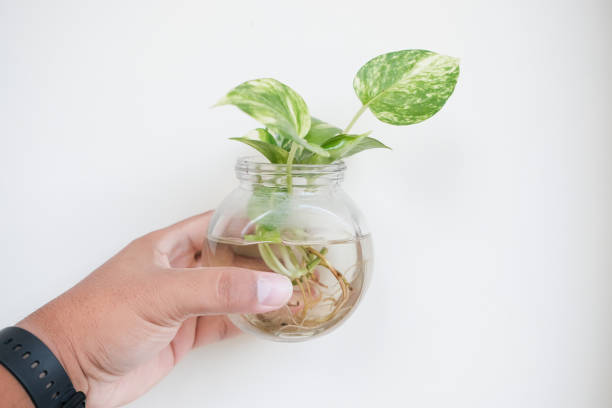
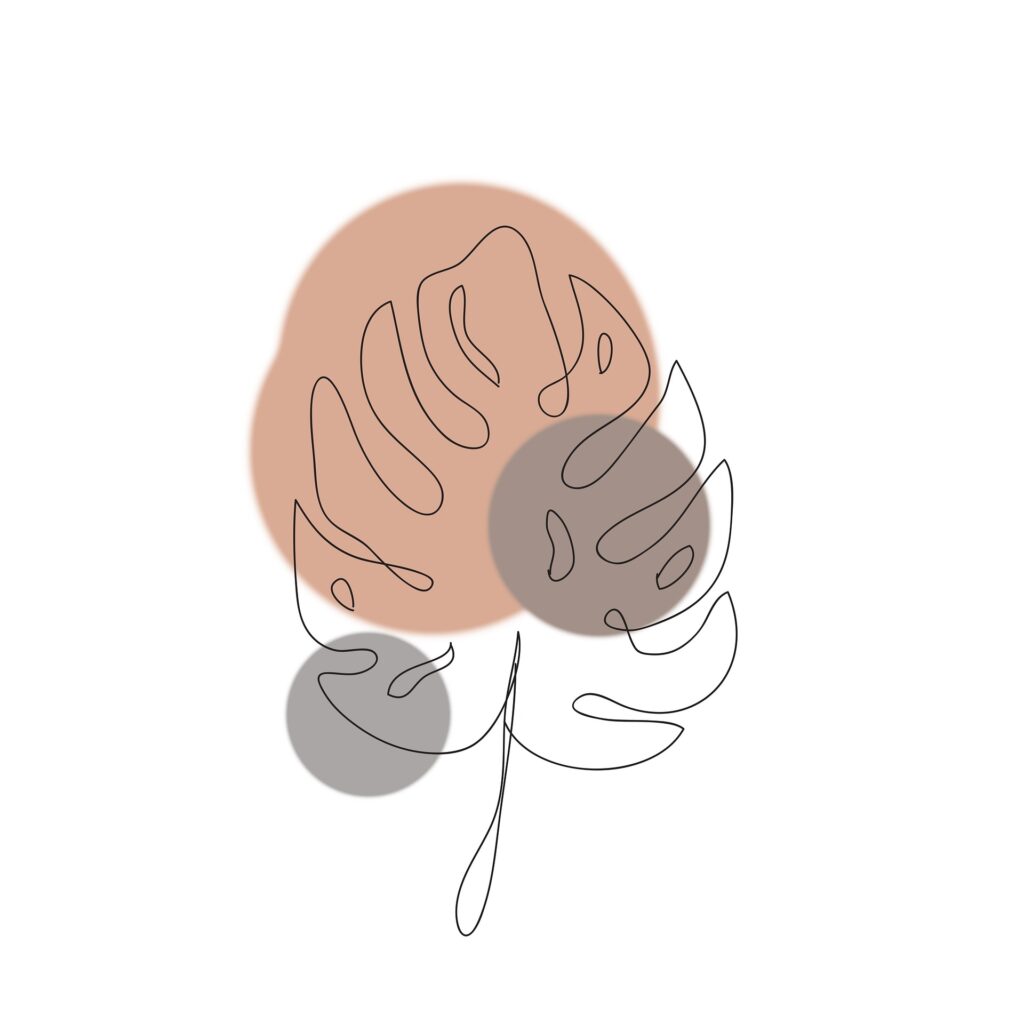


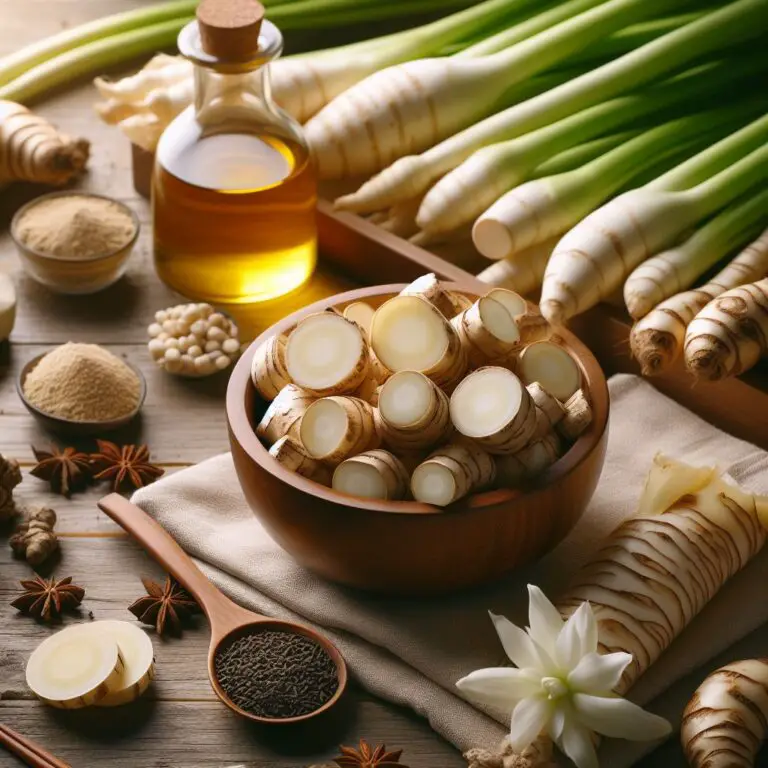

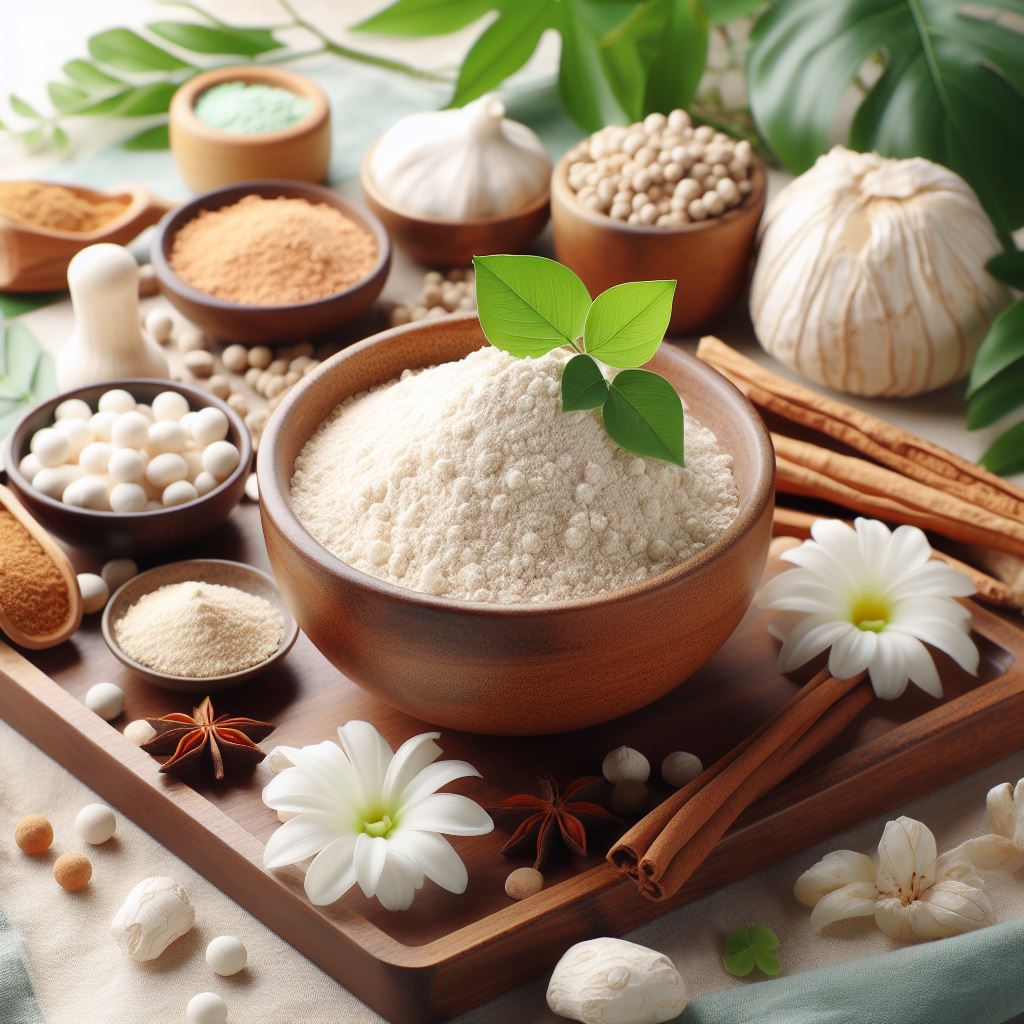
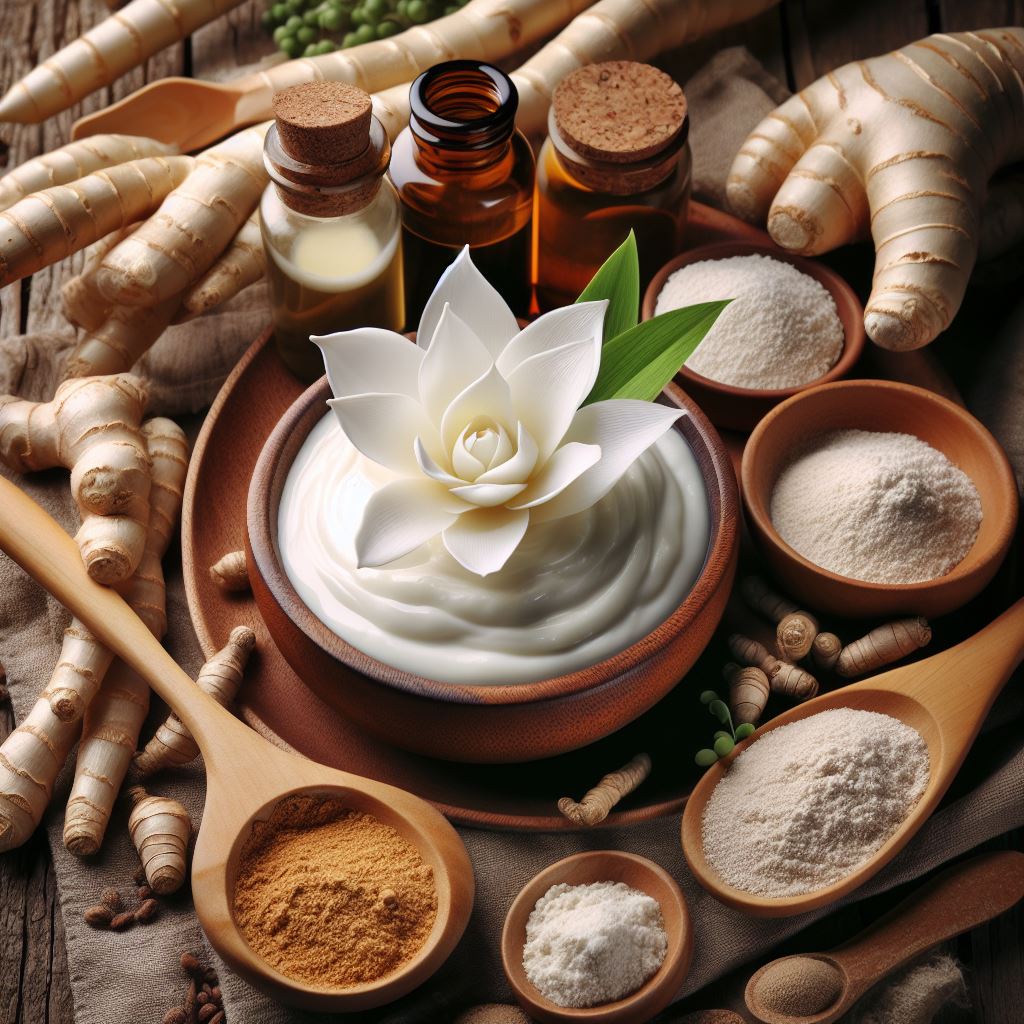

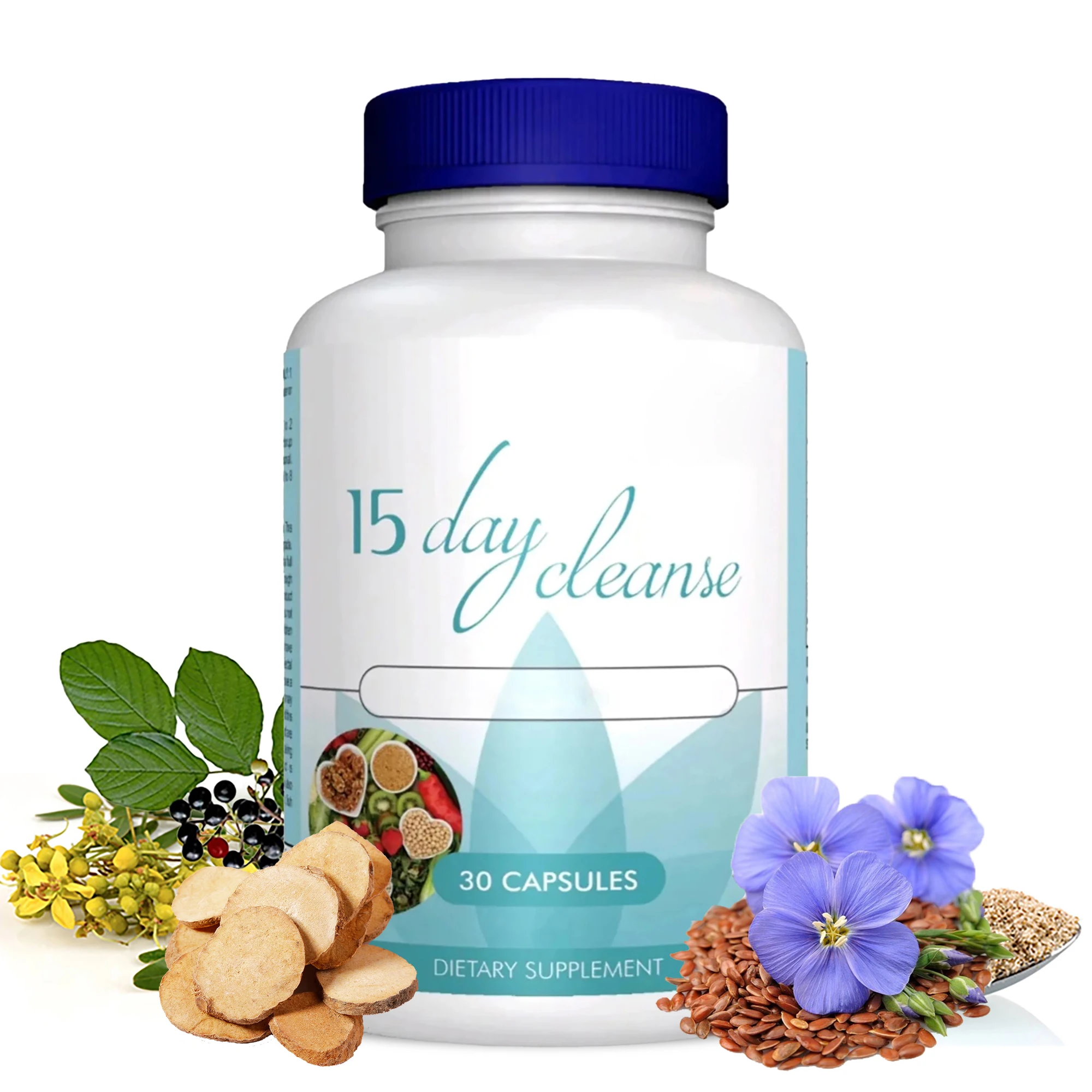





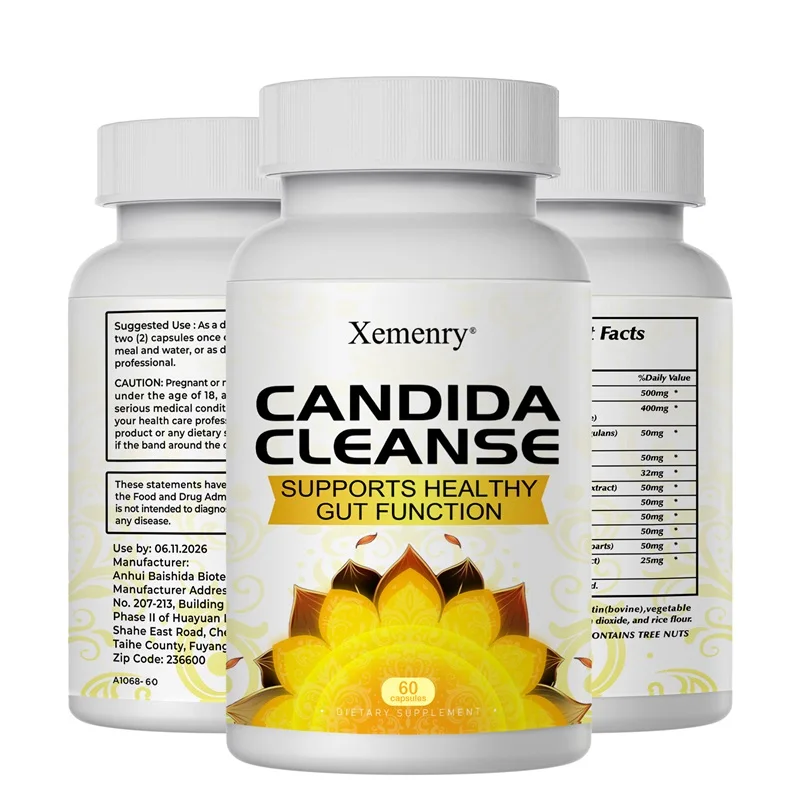
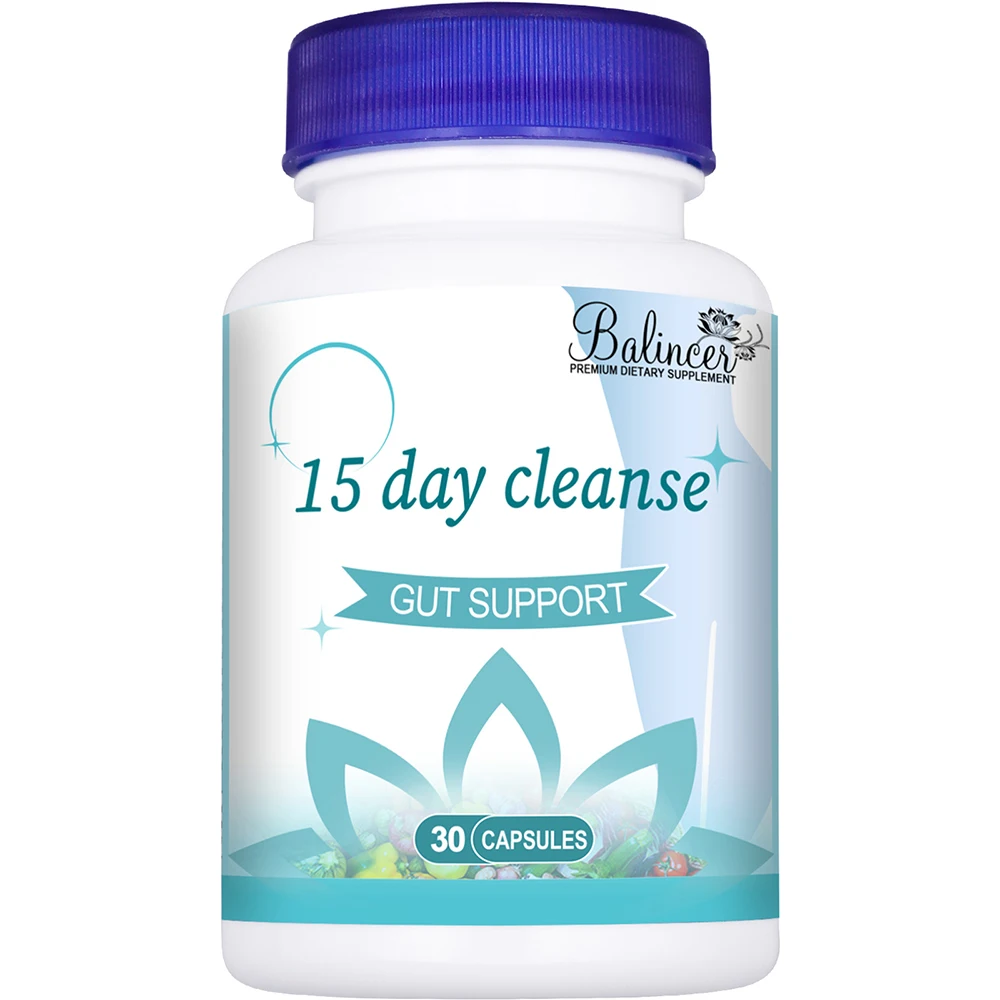
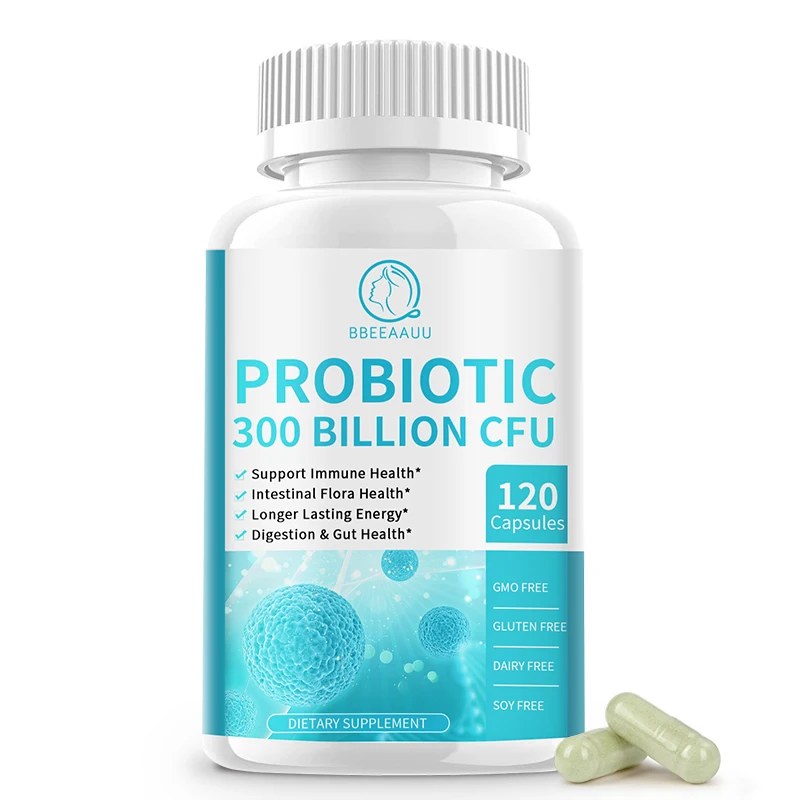


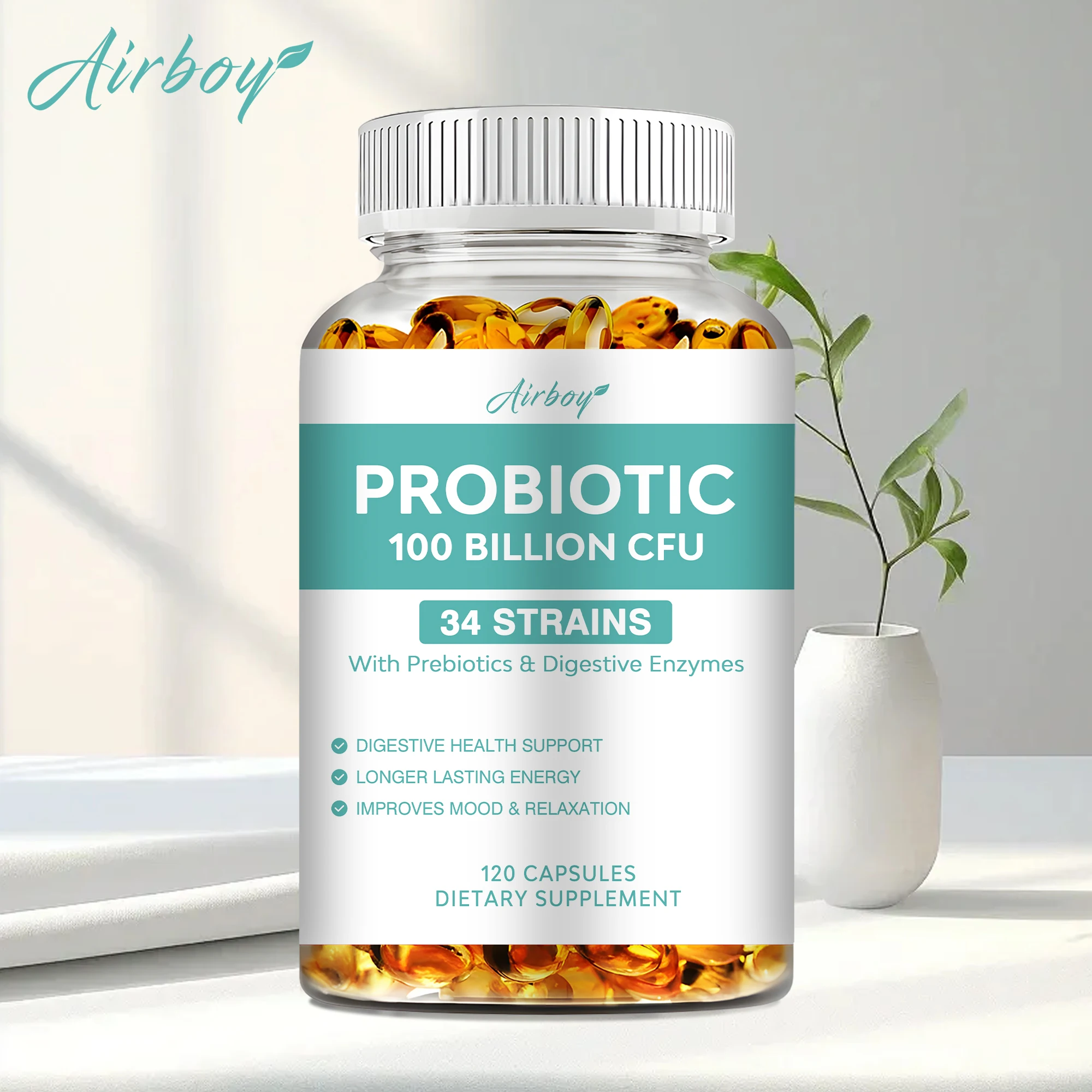
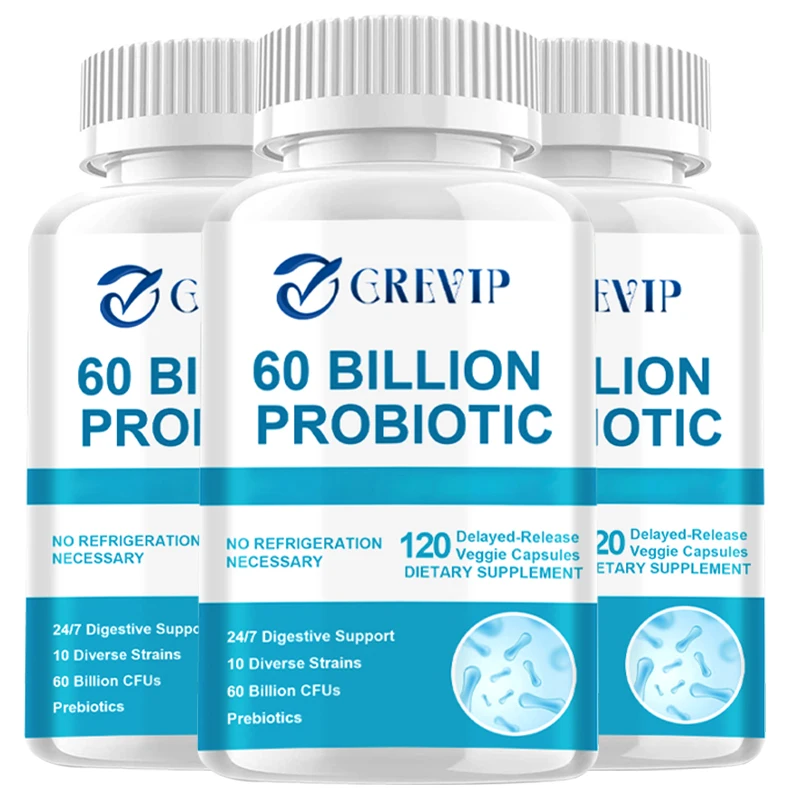

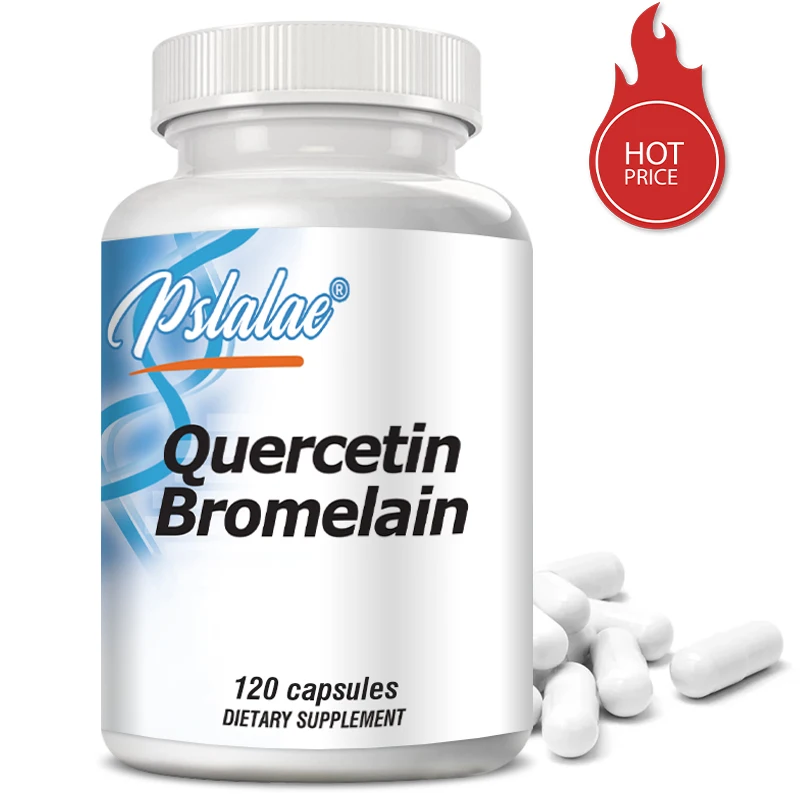

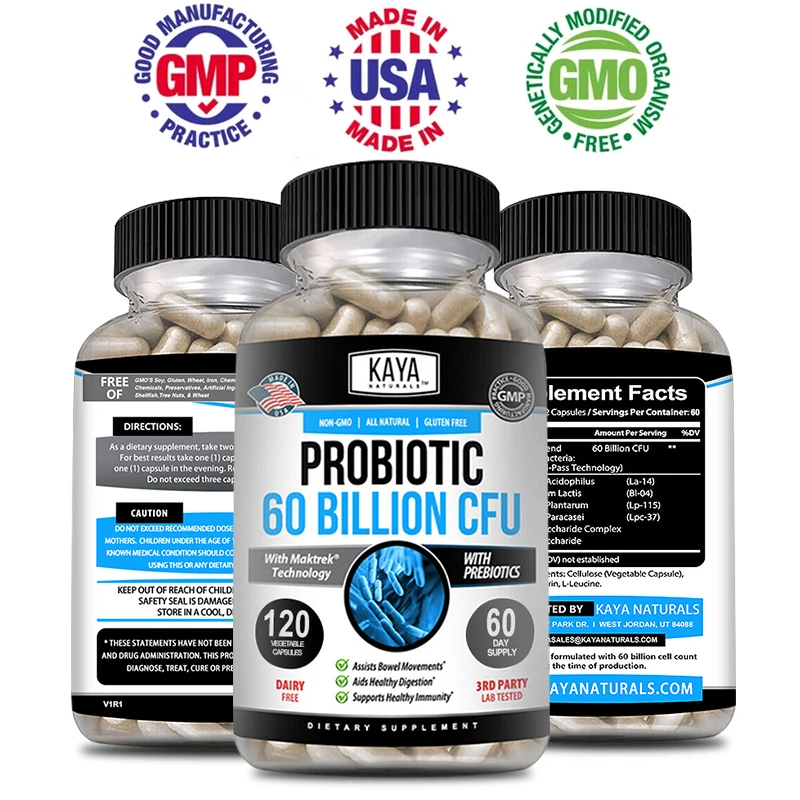

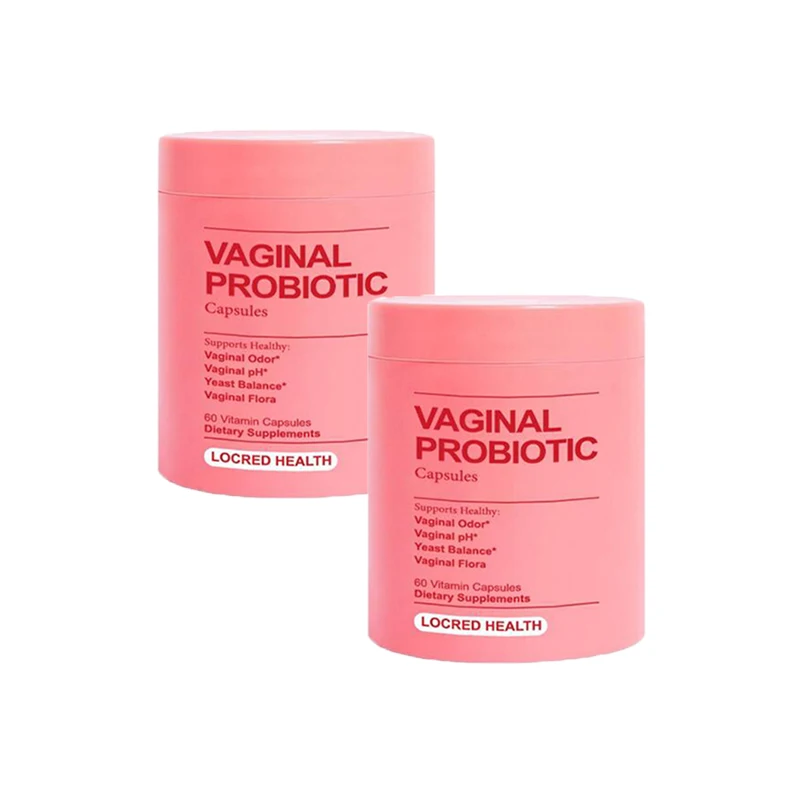





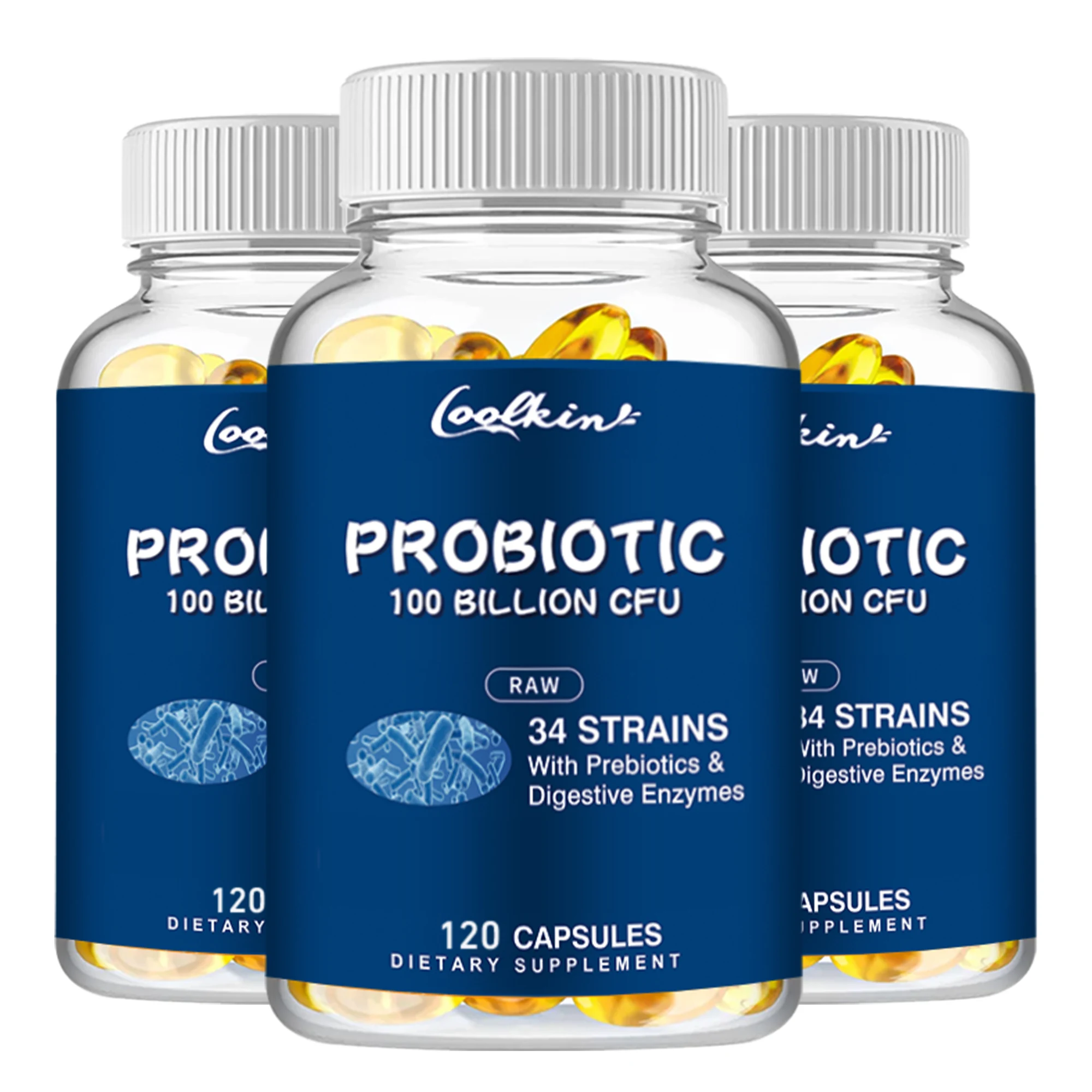




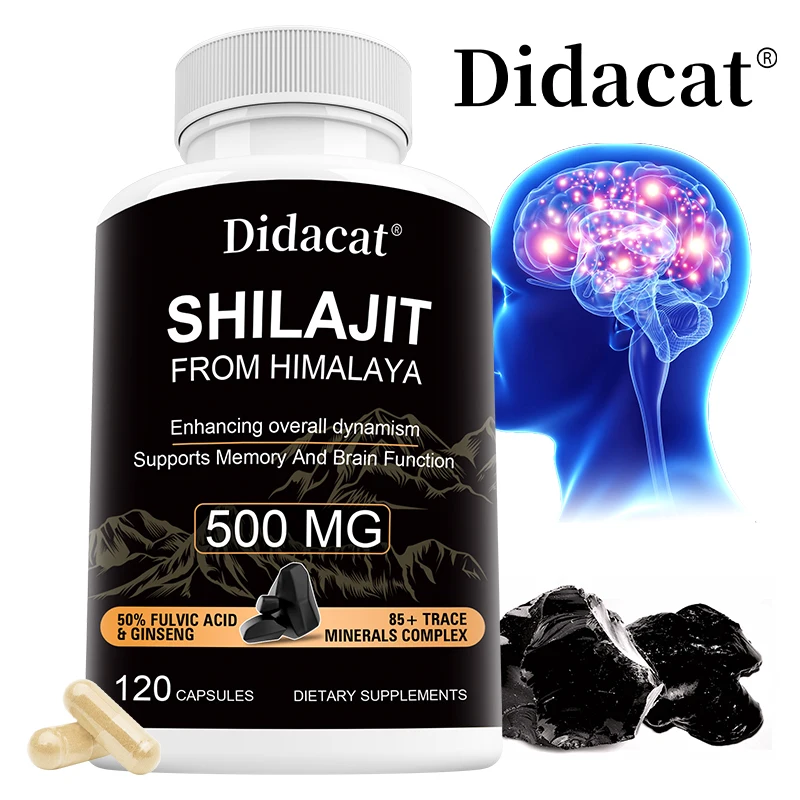

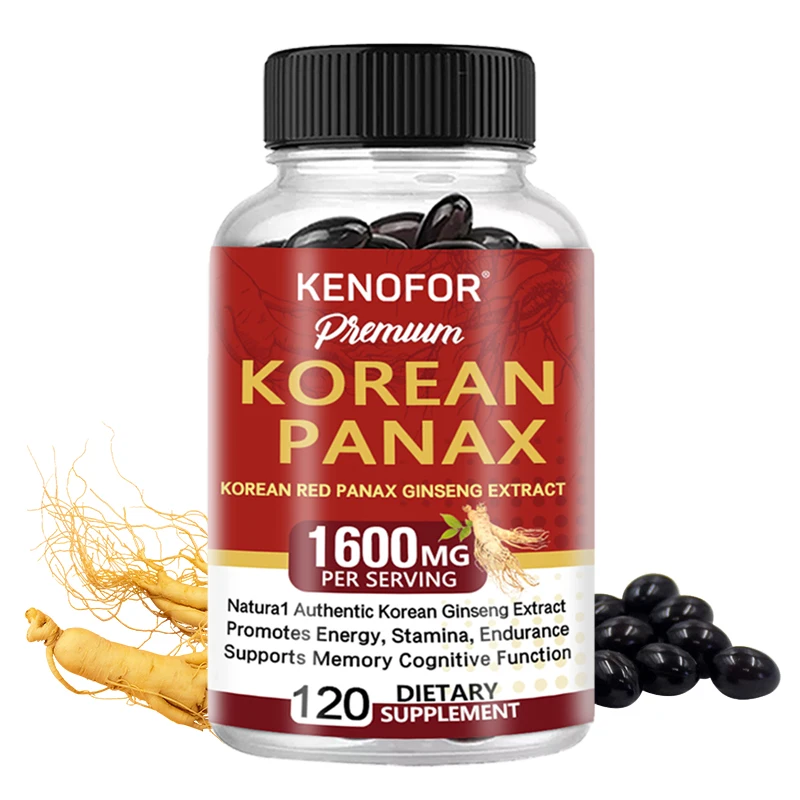
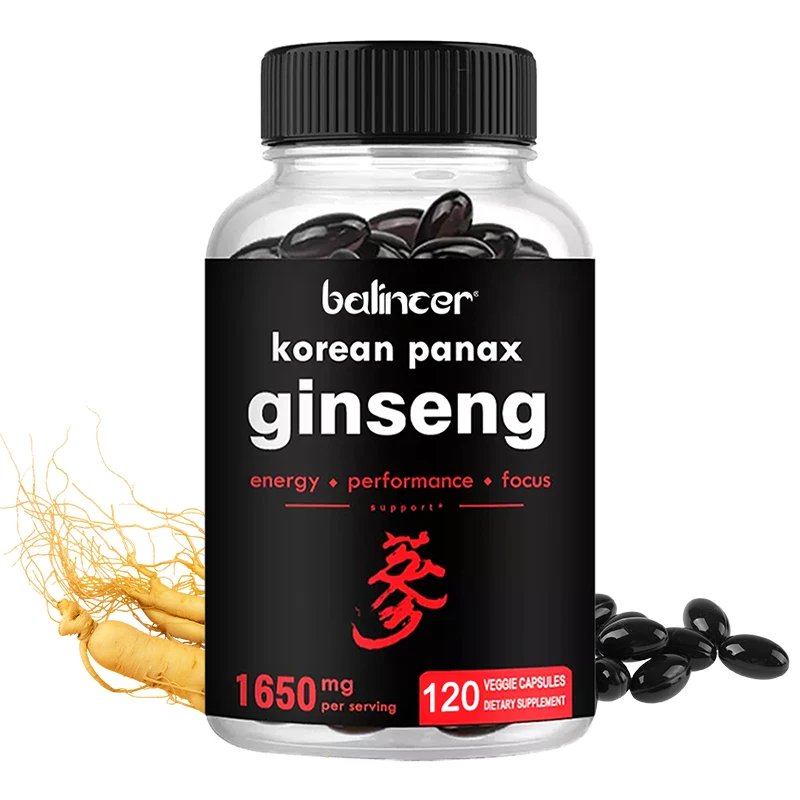

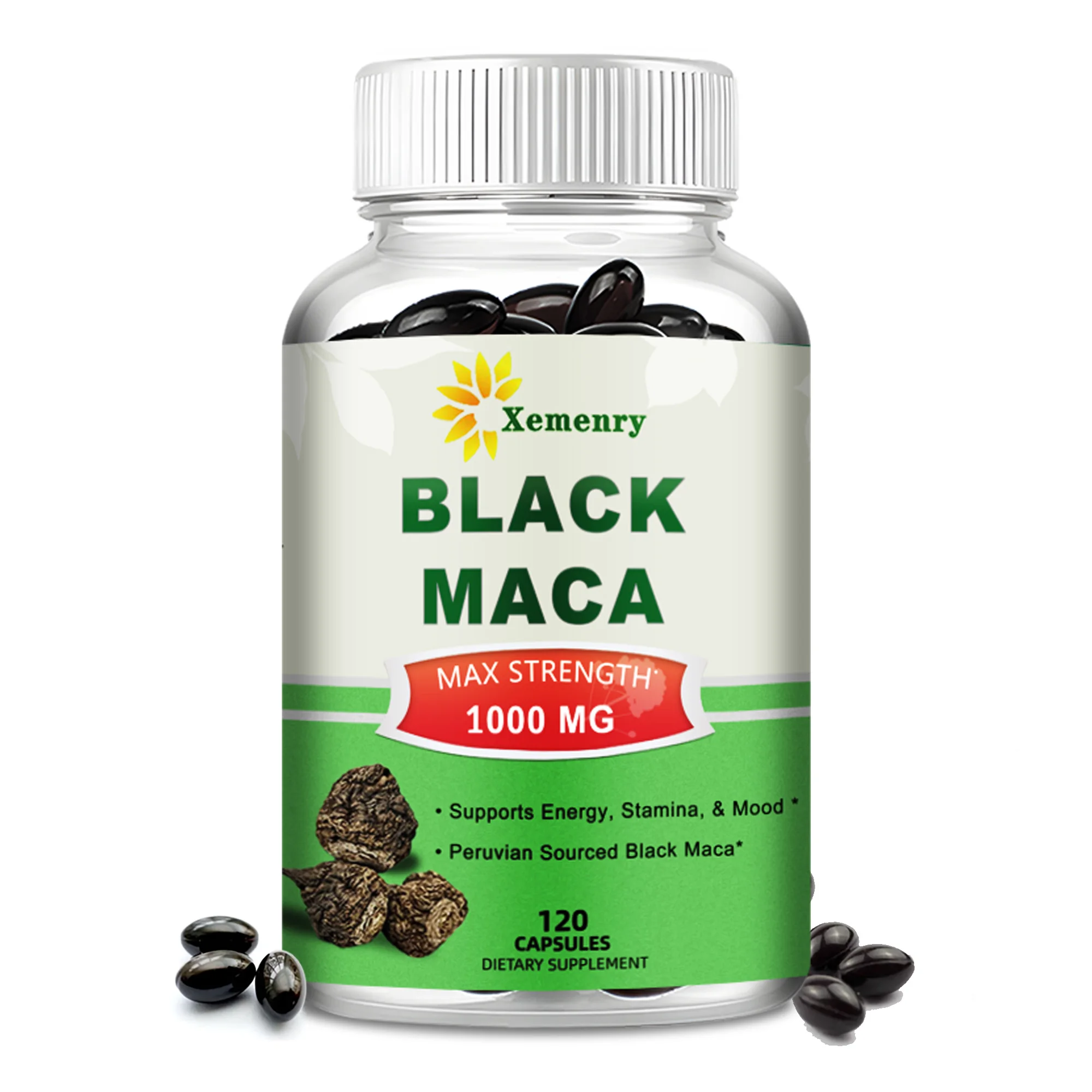
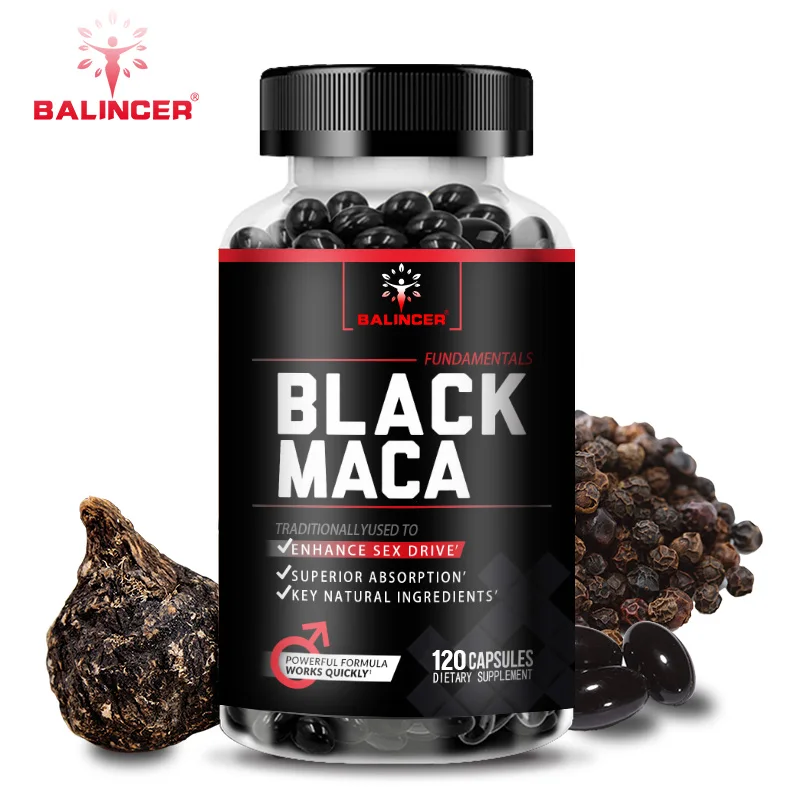
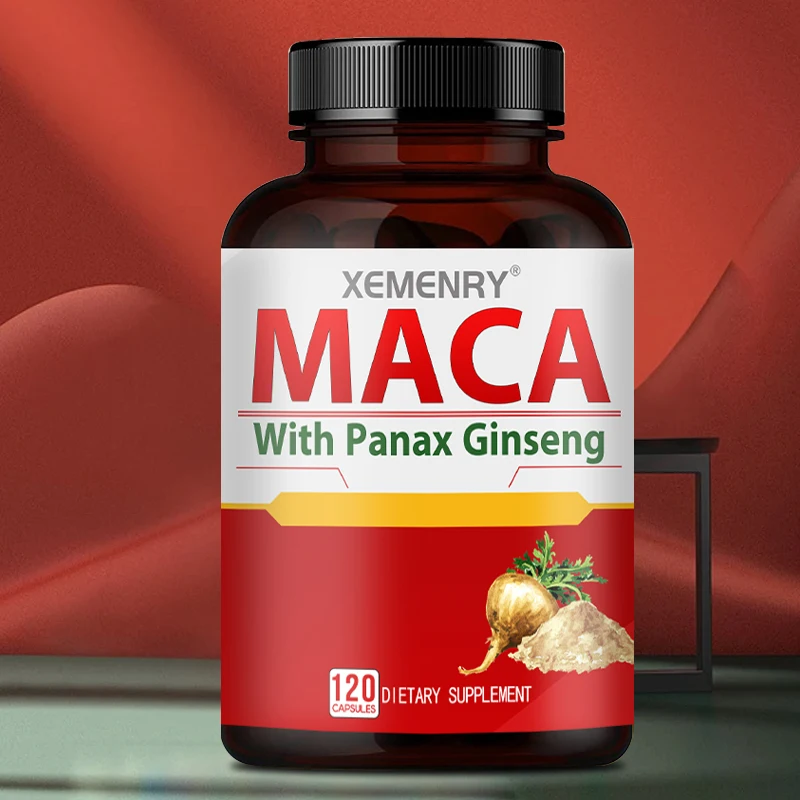

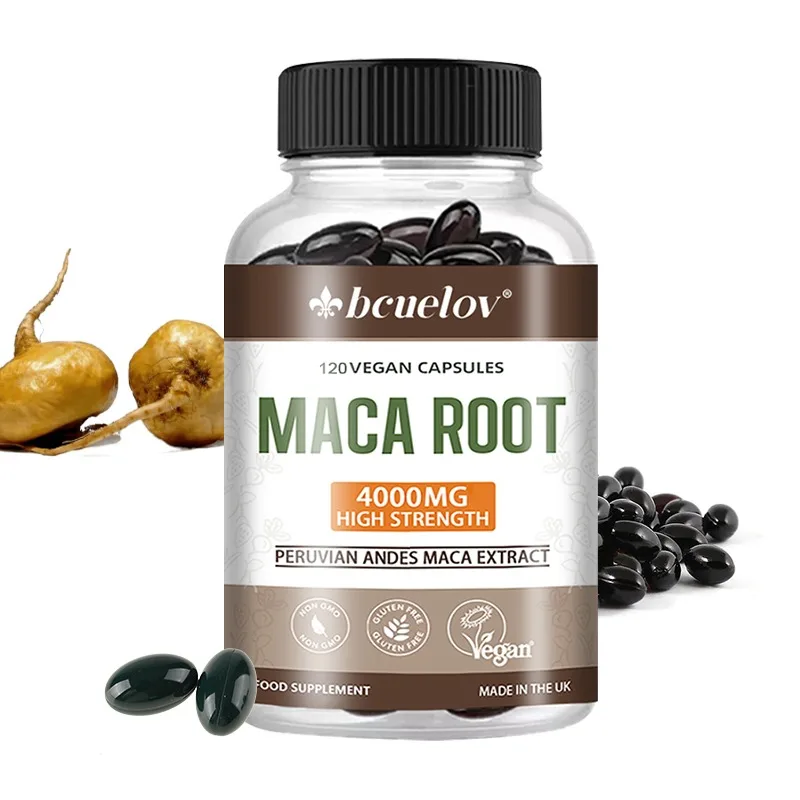
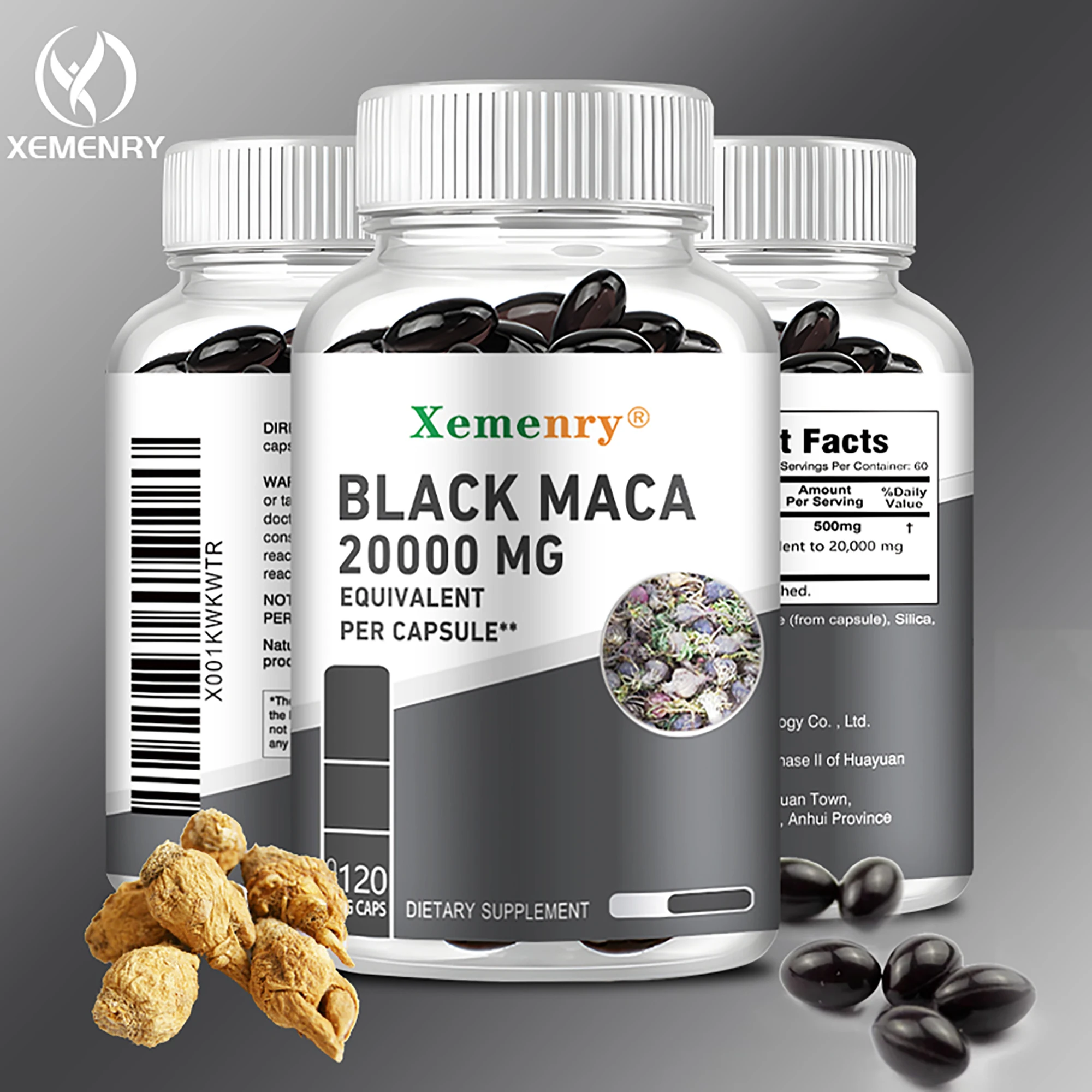
![Cosmetics Rhodiola Rosea 20:1,Hong Jin Tian DIY Aromatherapy Plaster Candle Soap Making[Latest Date Product]](https://ae-pic-a1.aliexpress-media.com/kf/Sd4086c0e412f4a8dacbd43b1836f8b07S.jpg)
